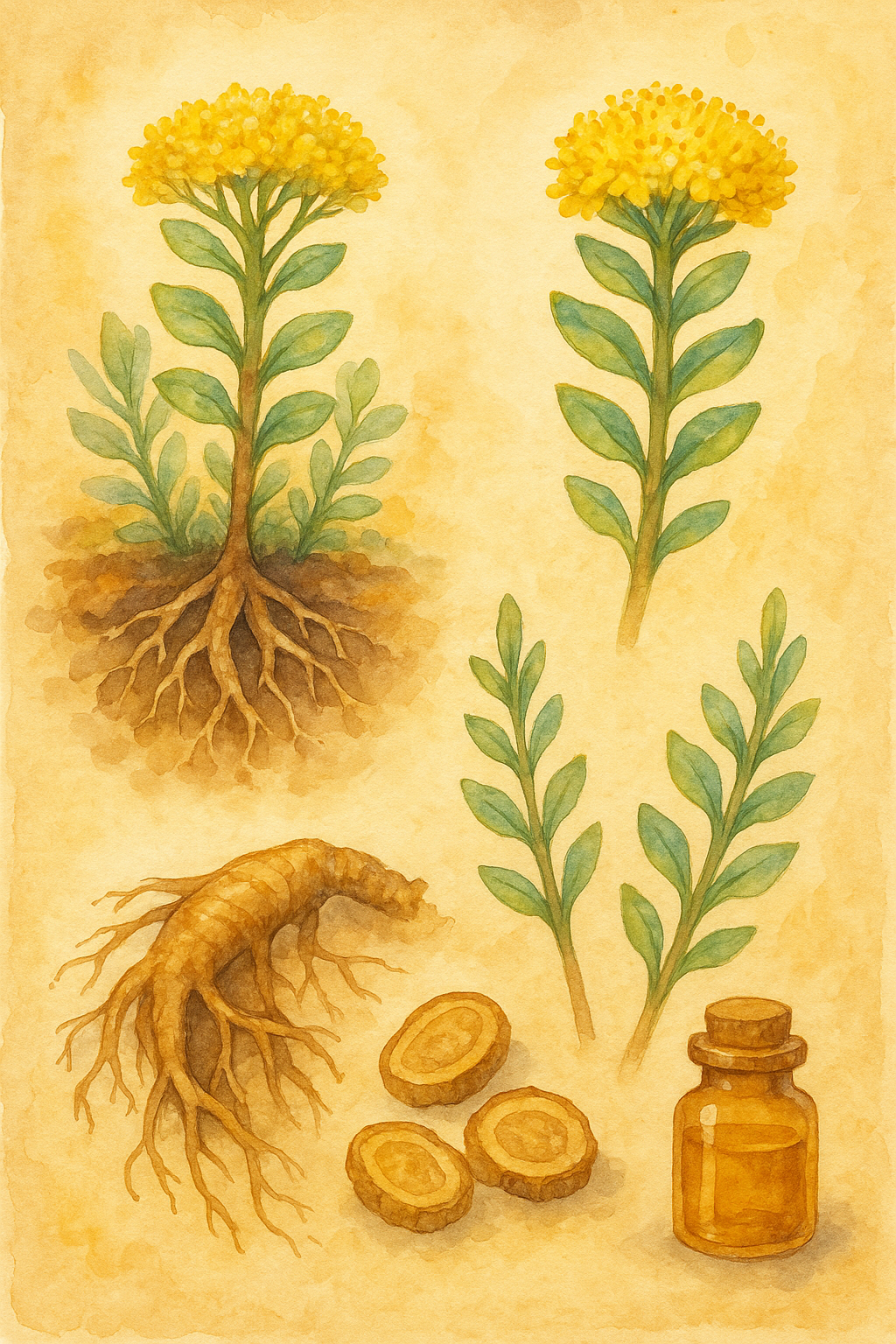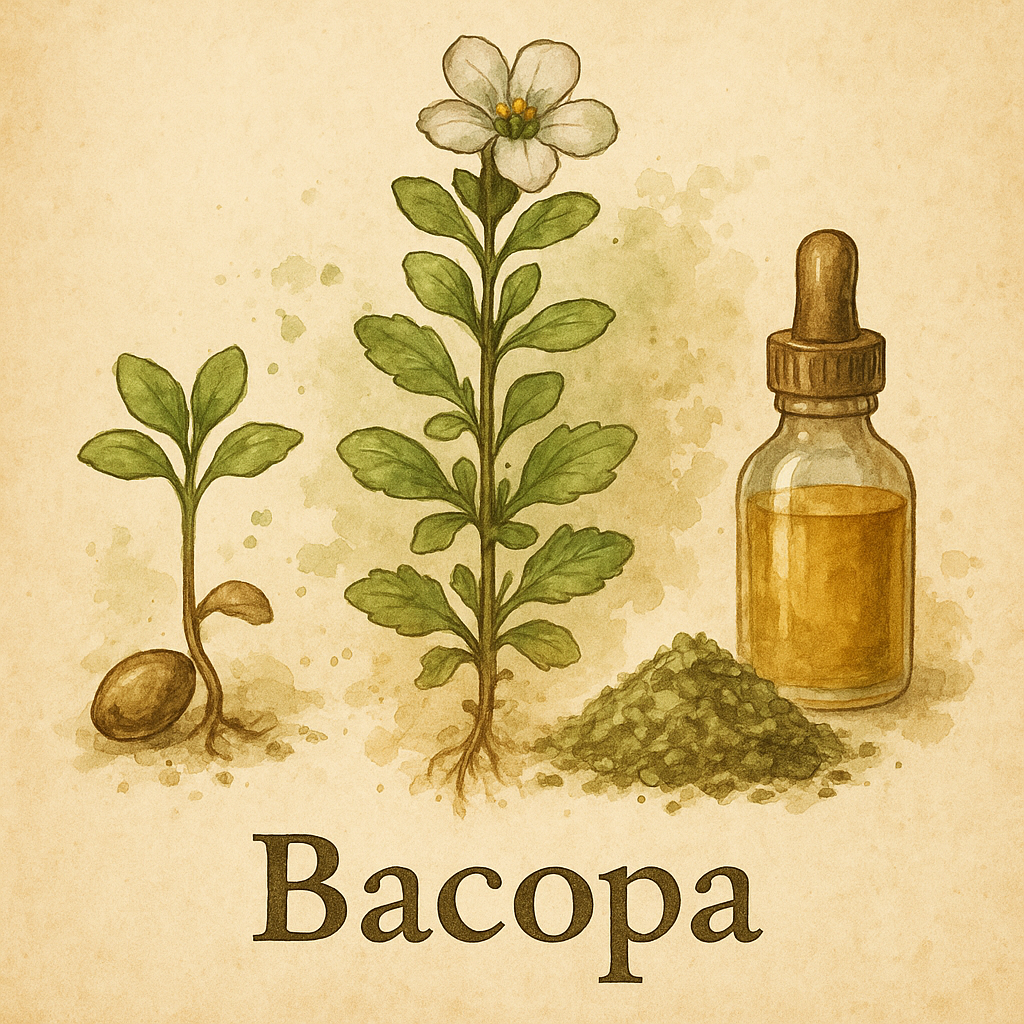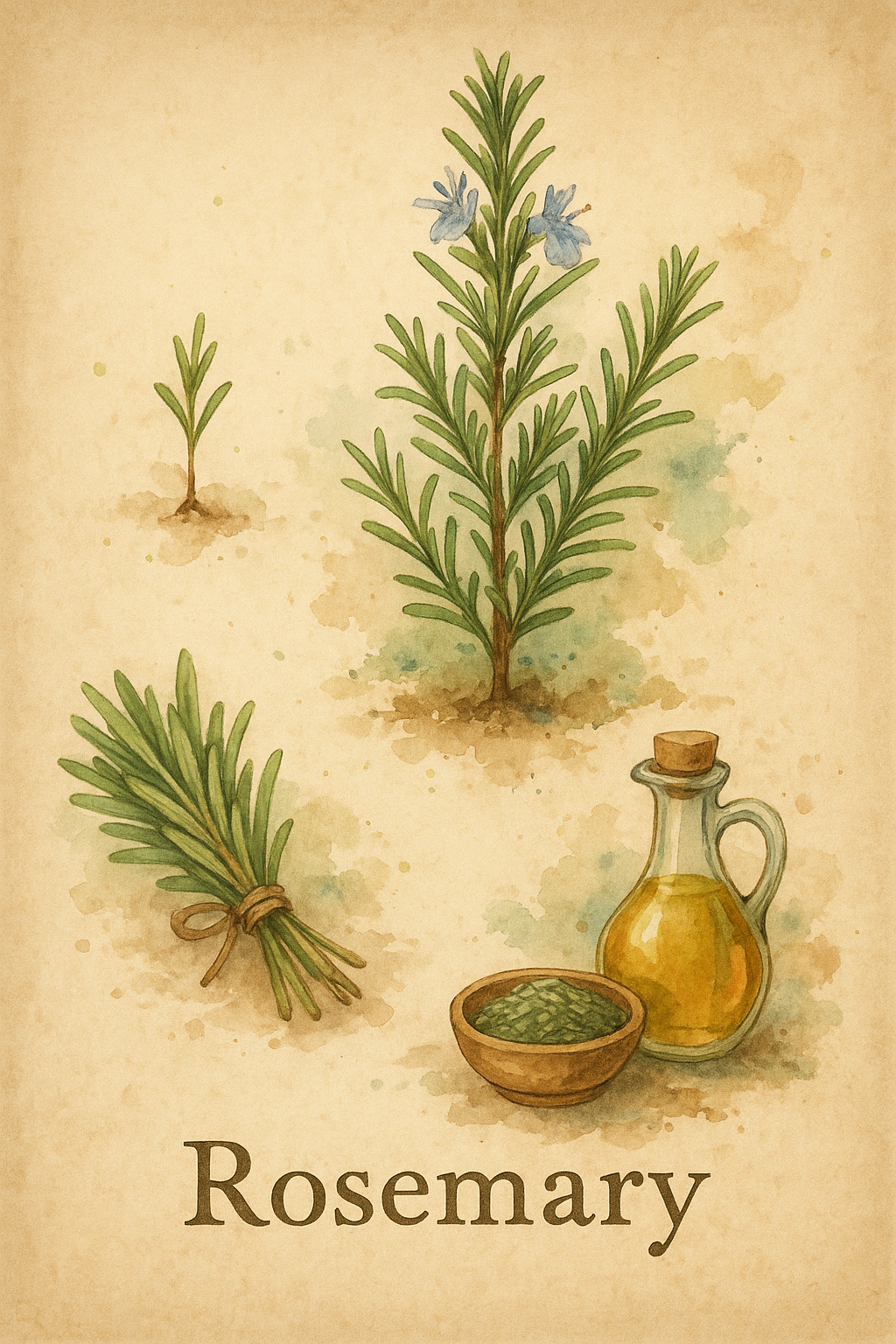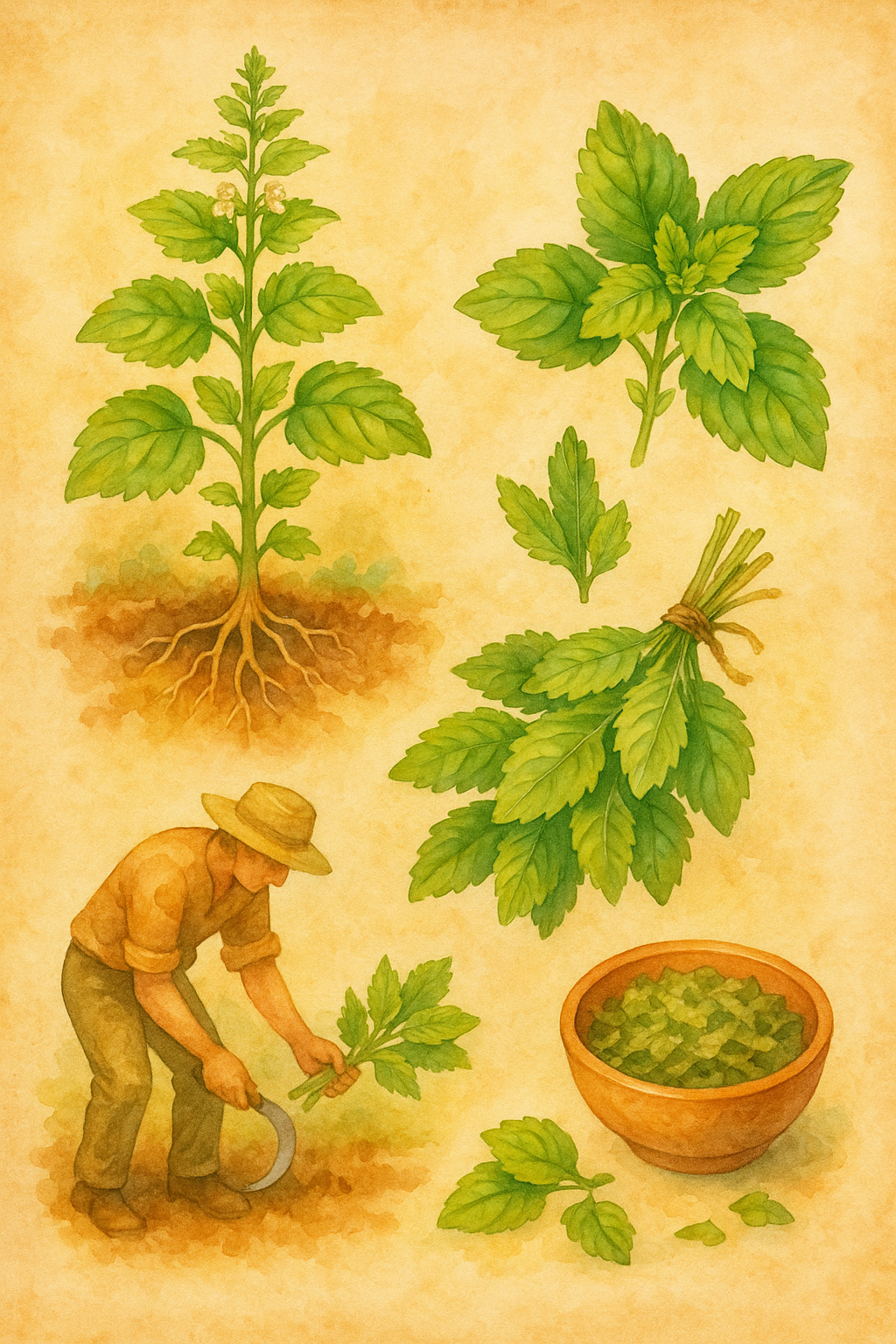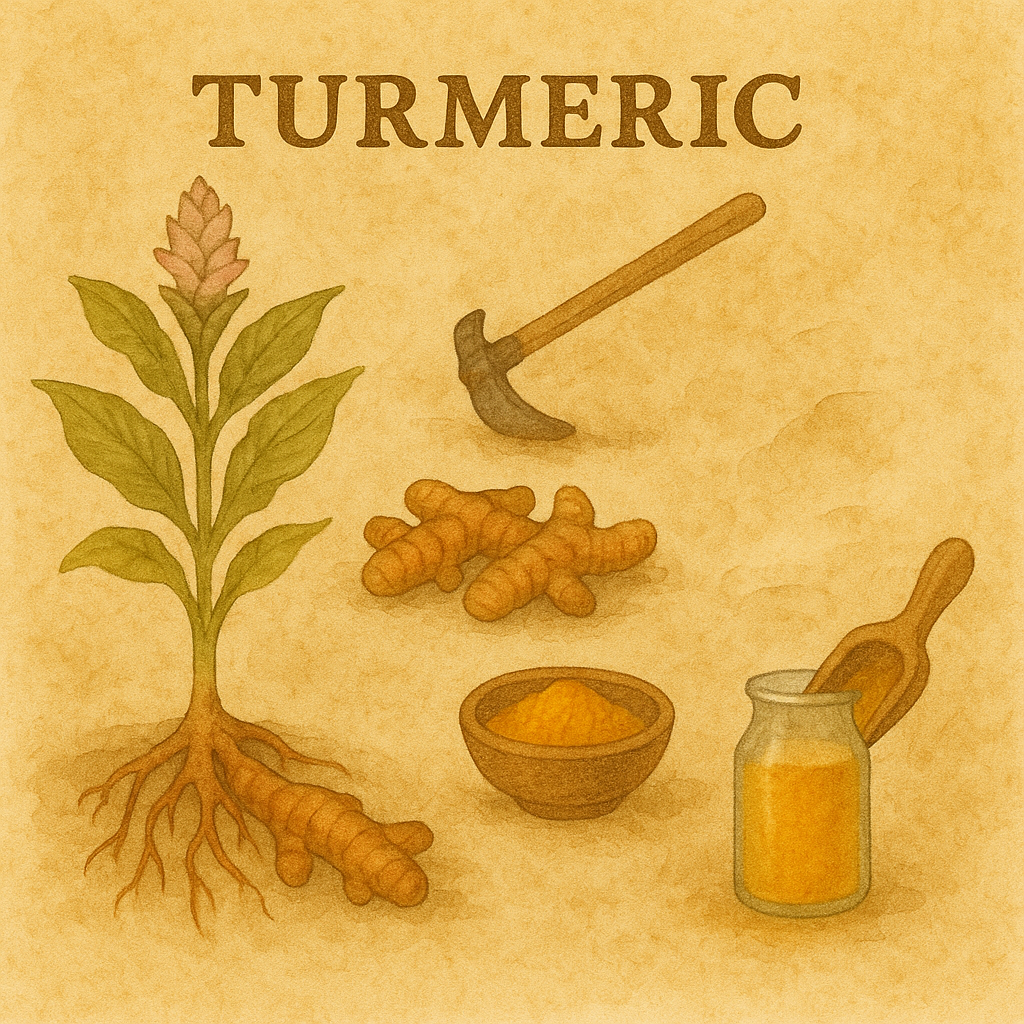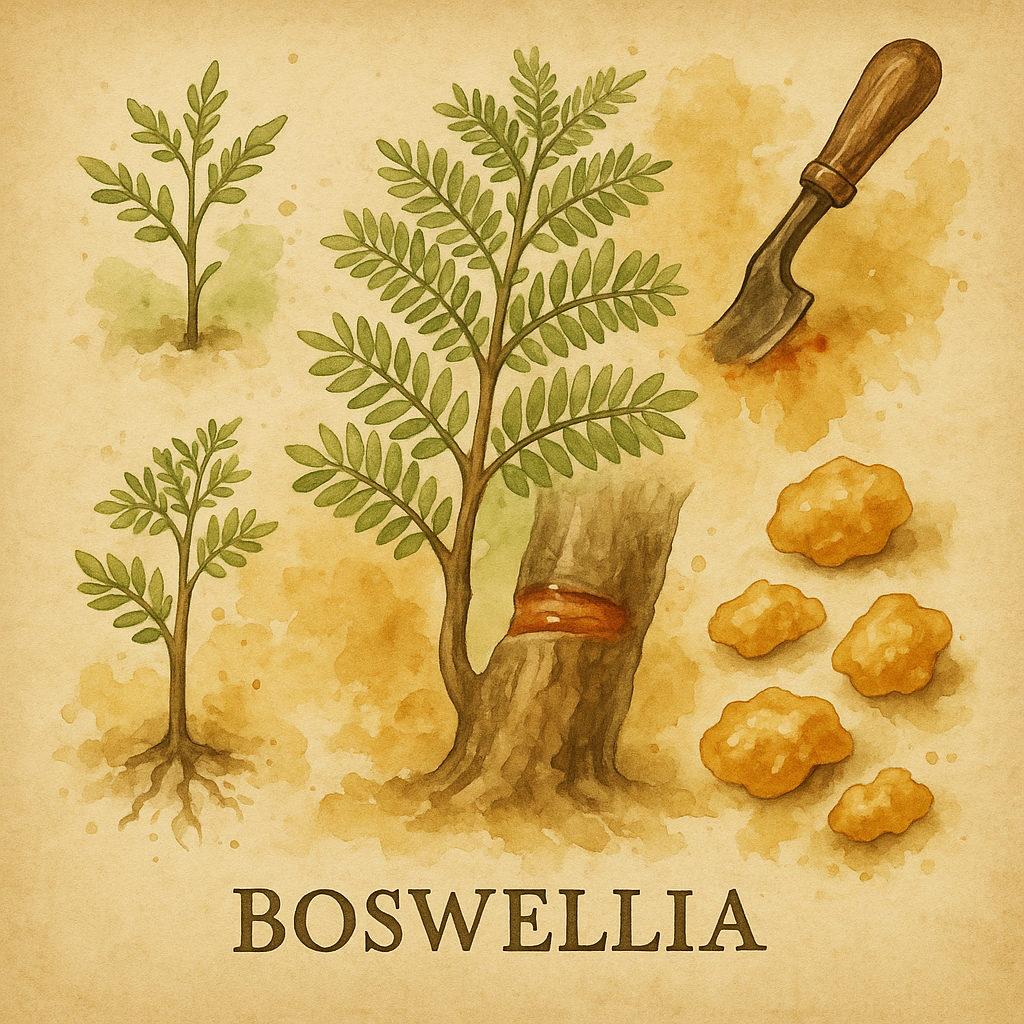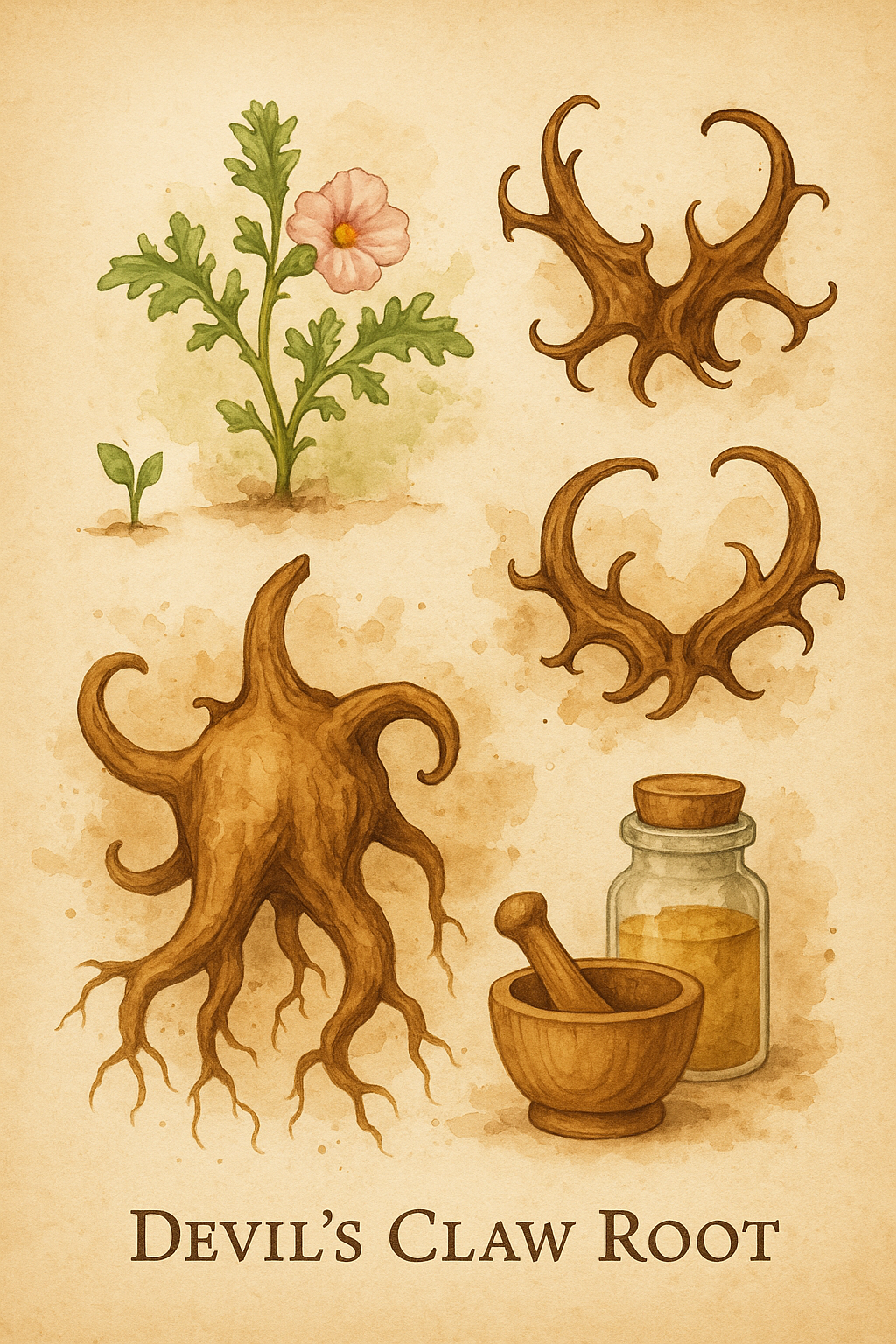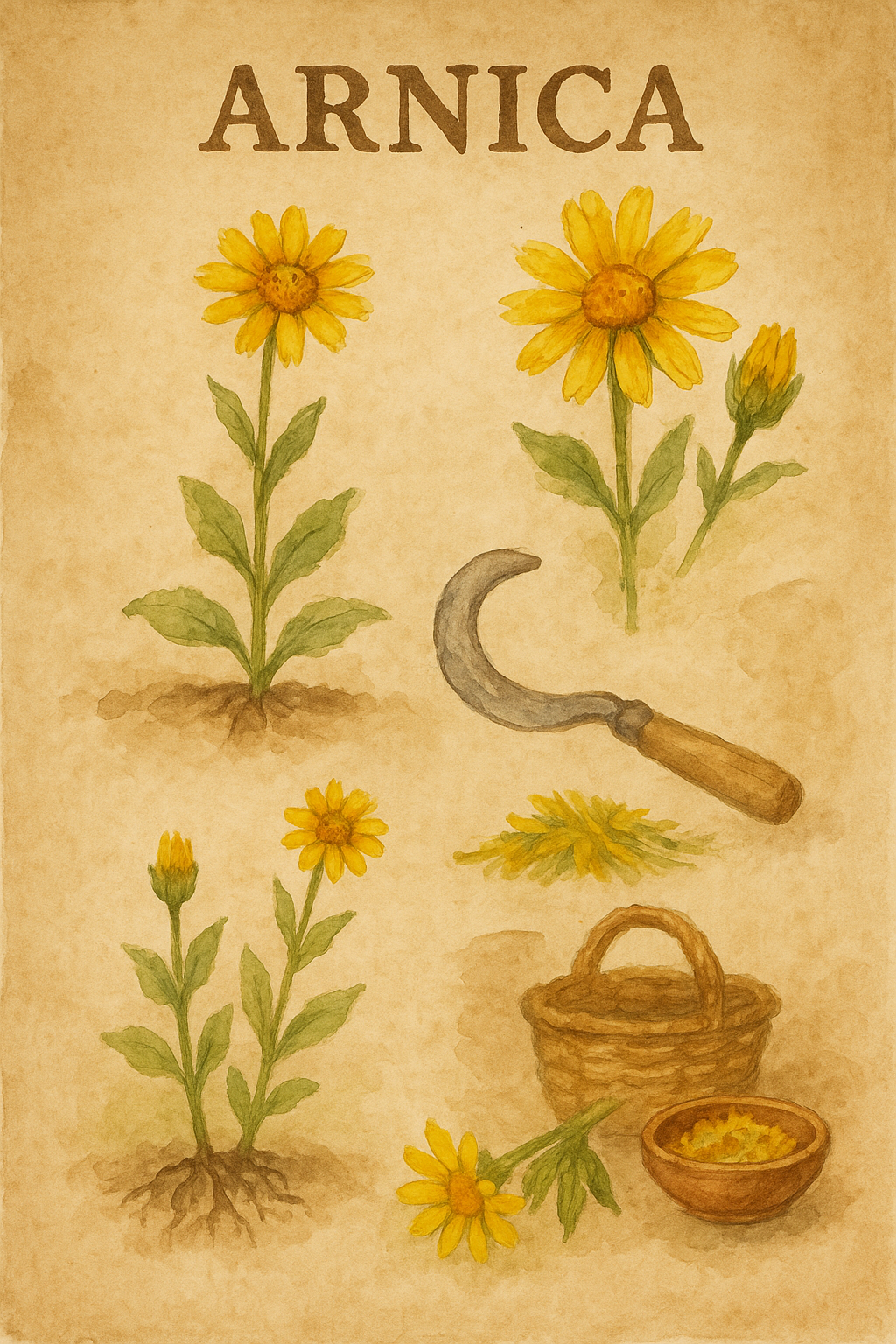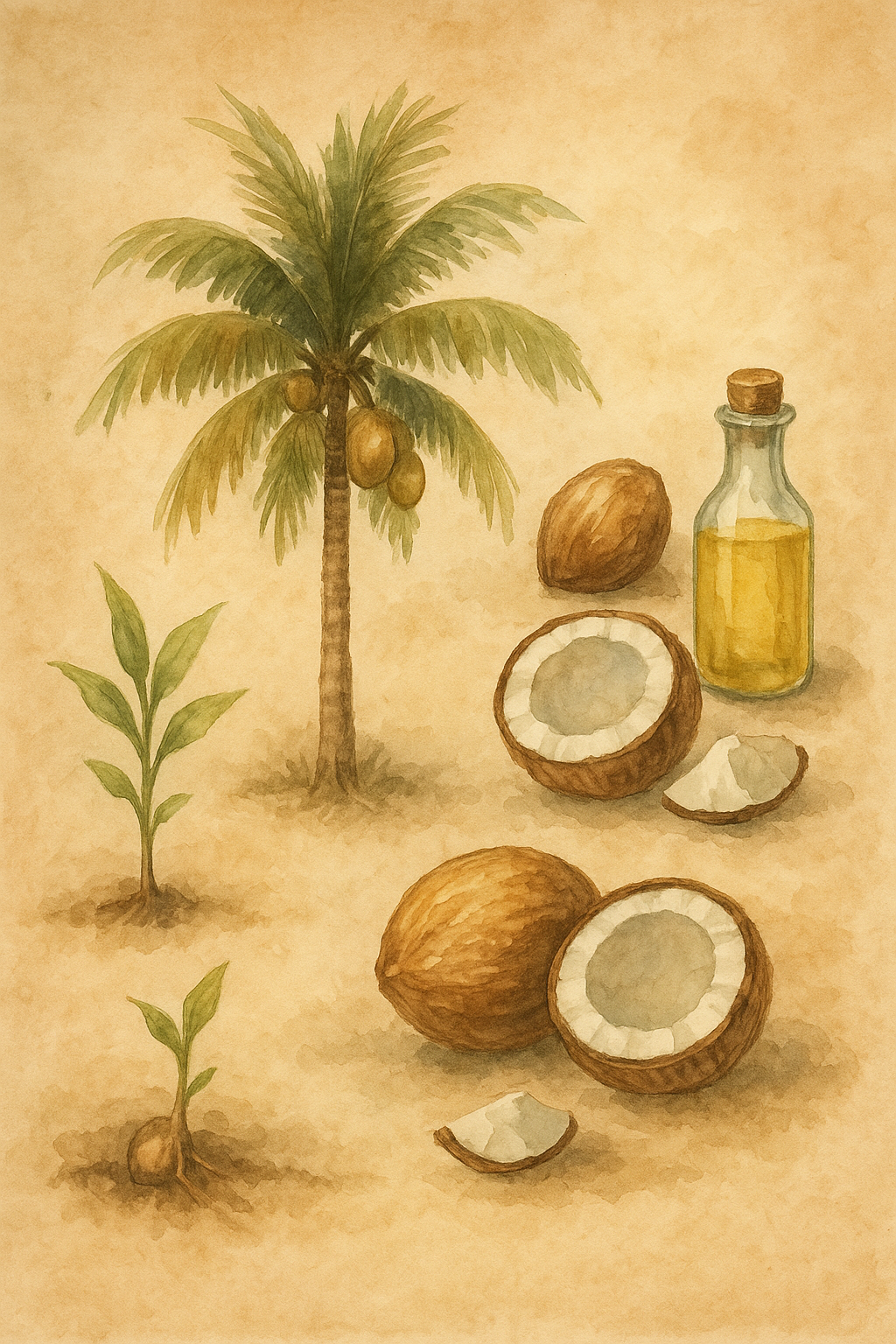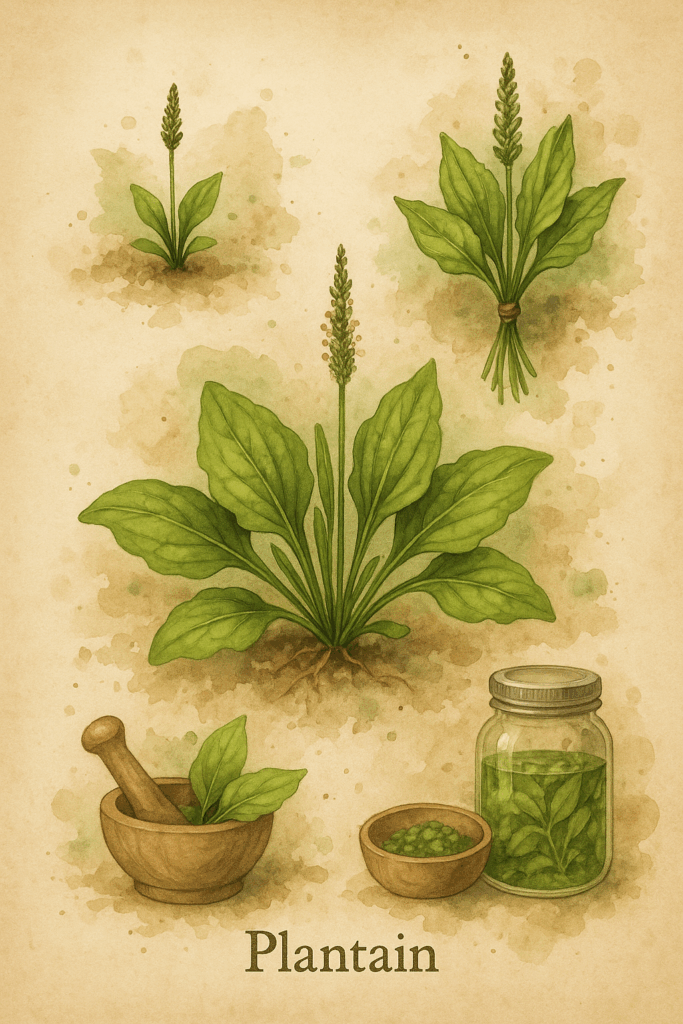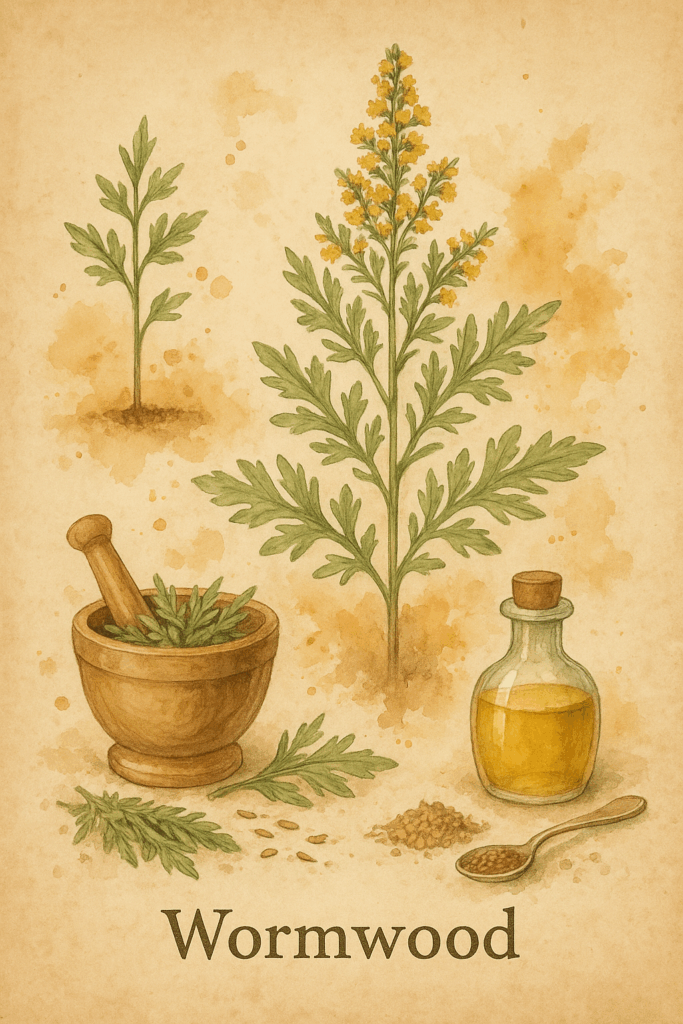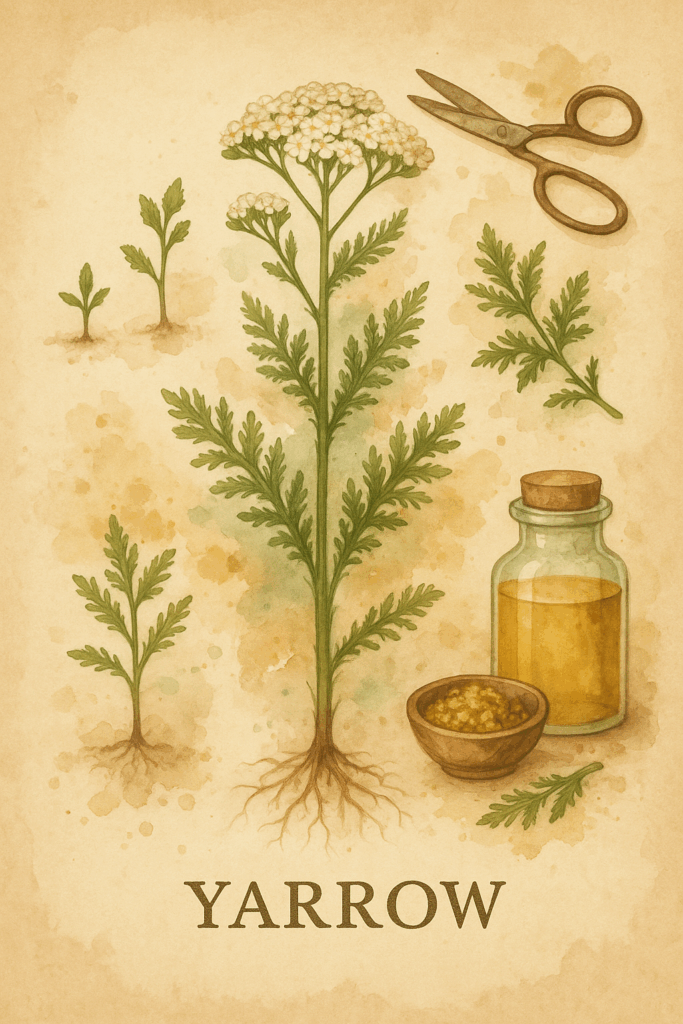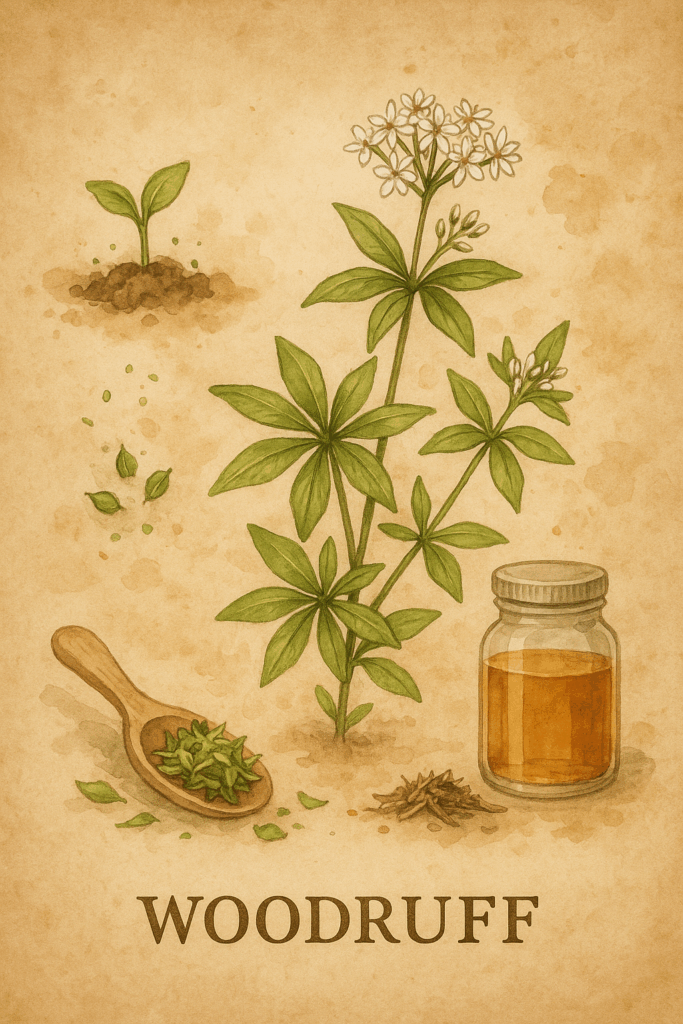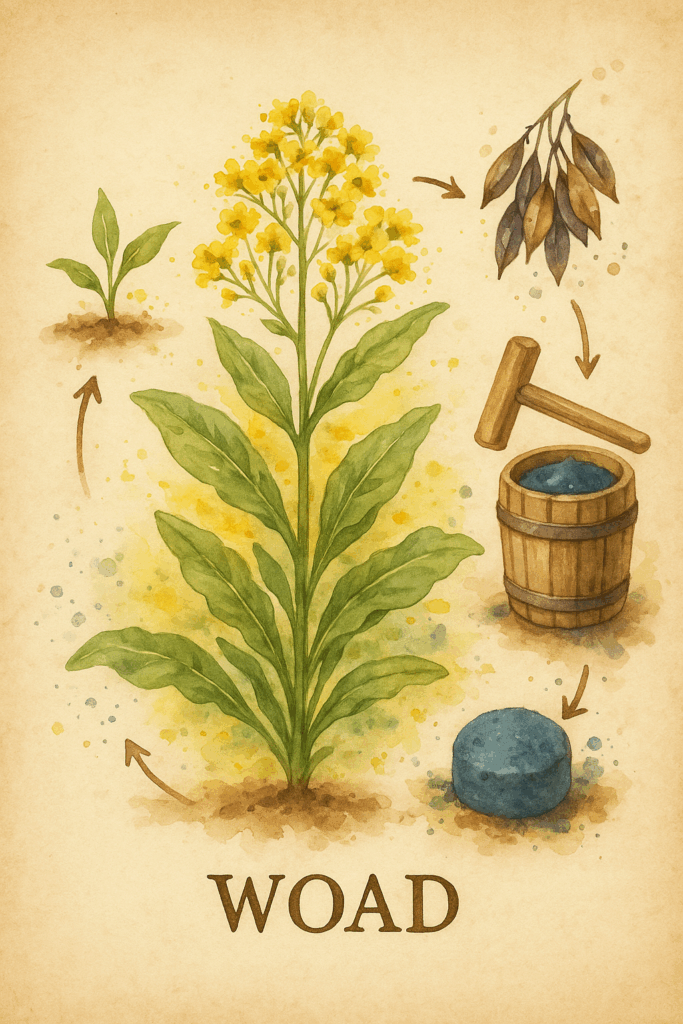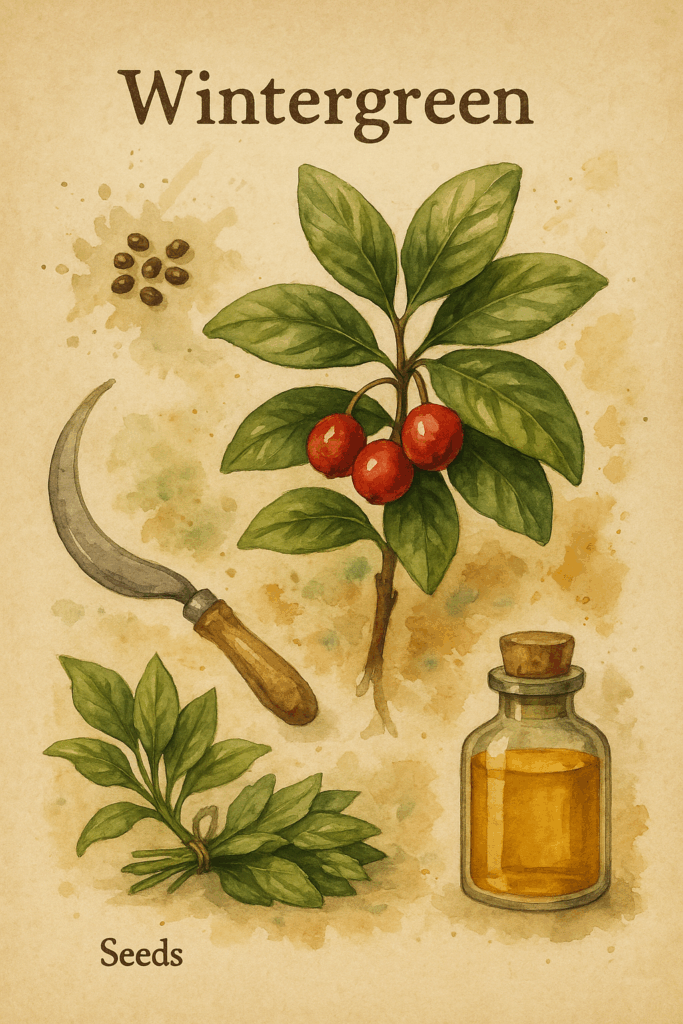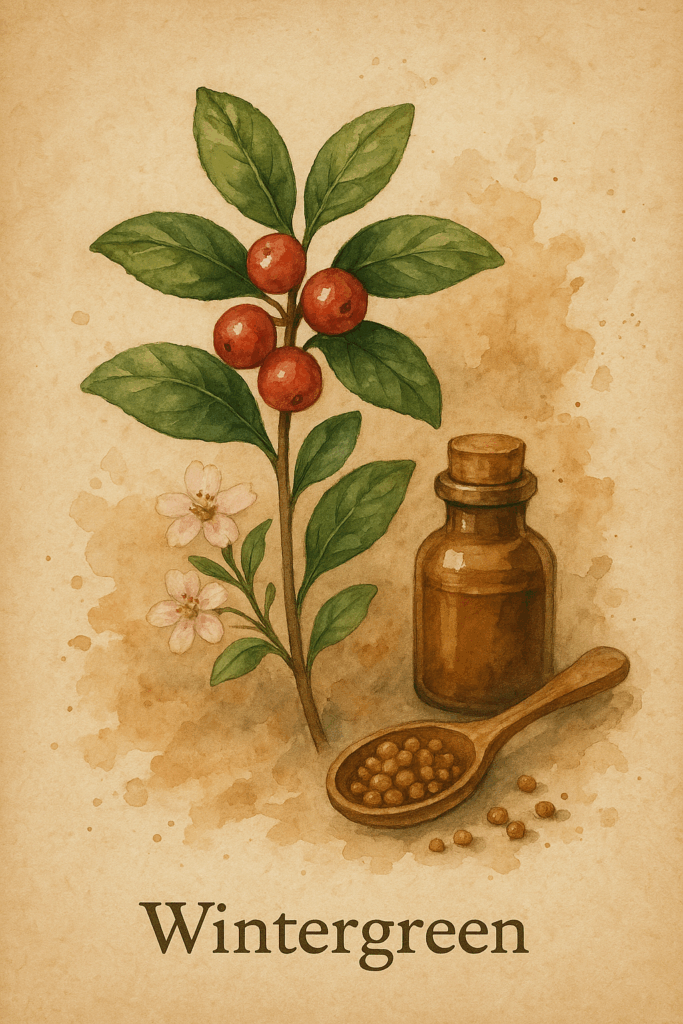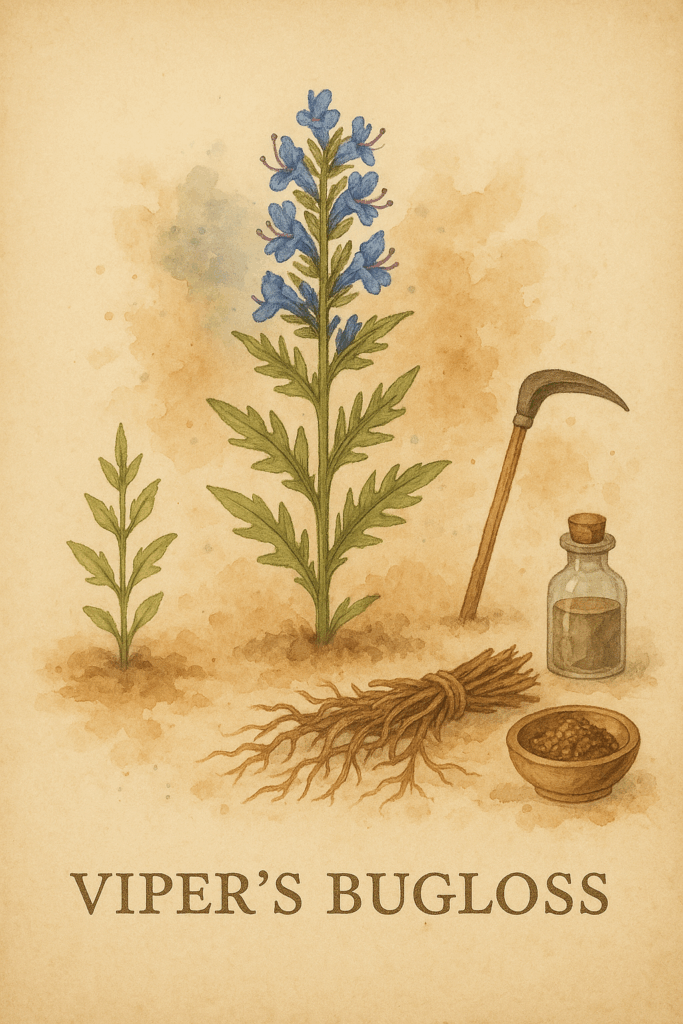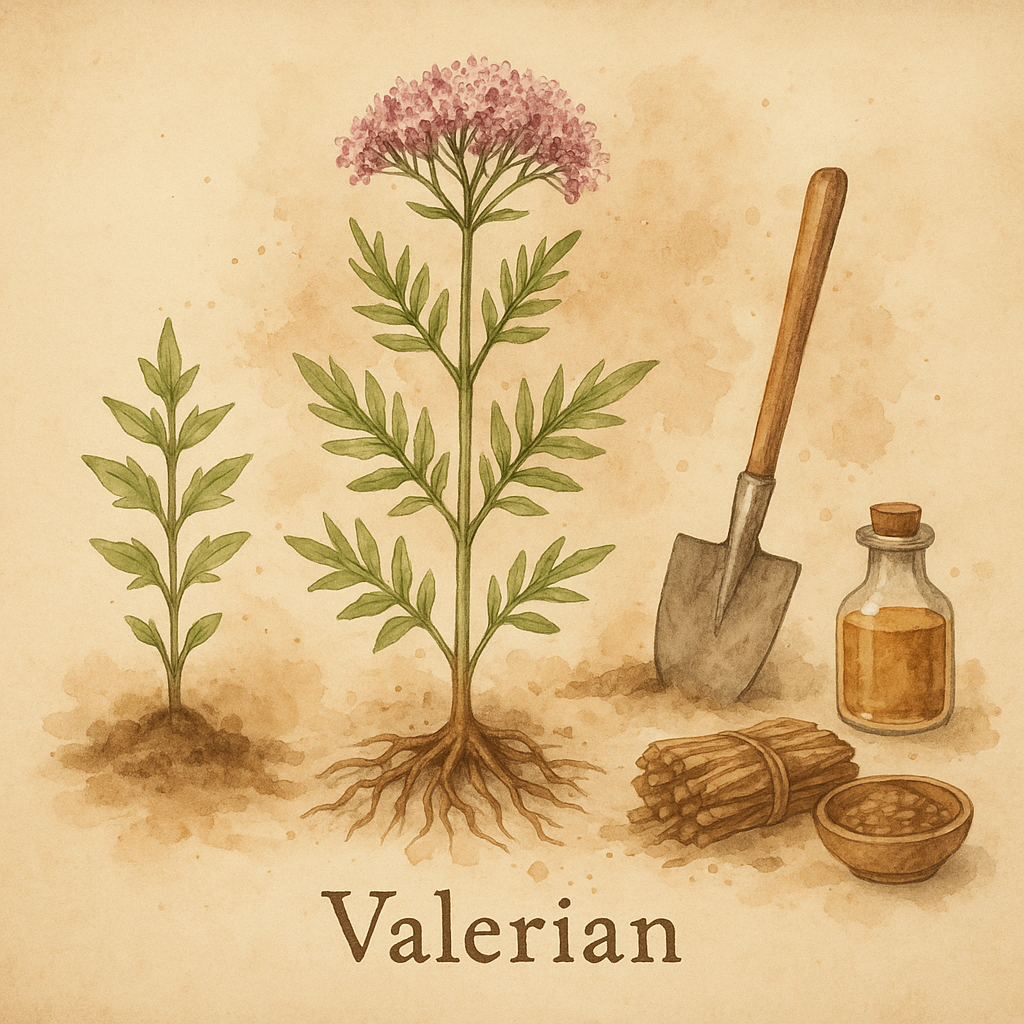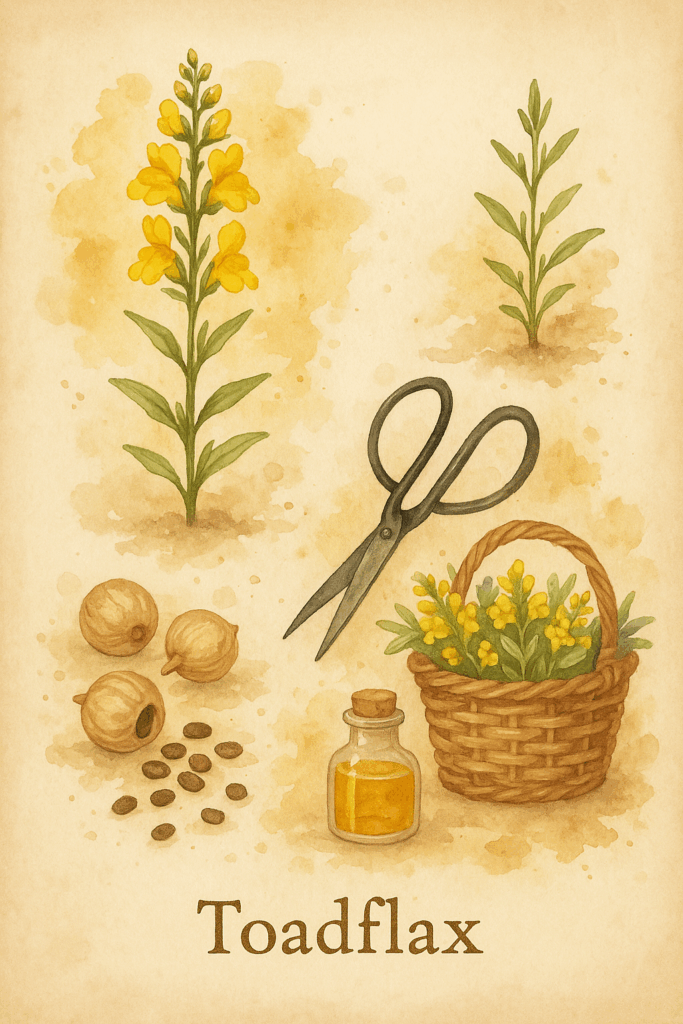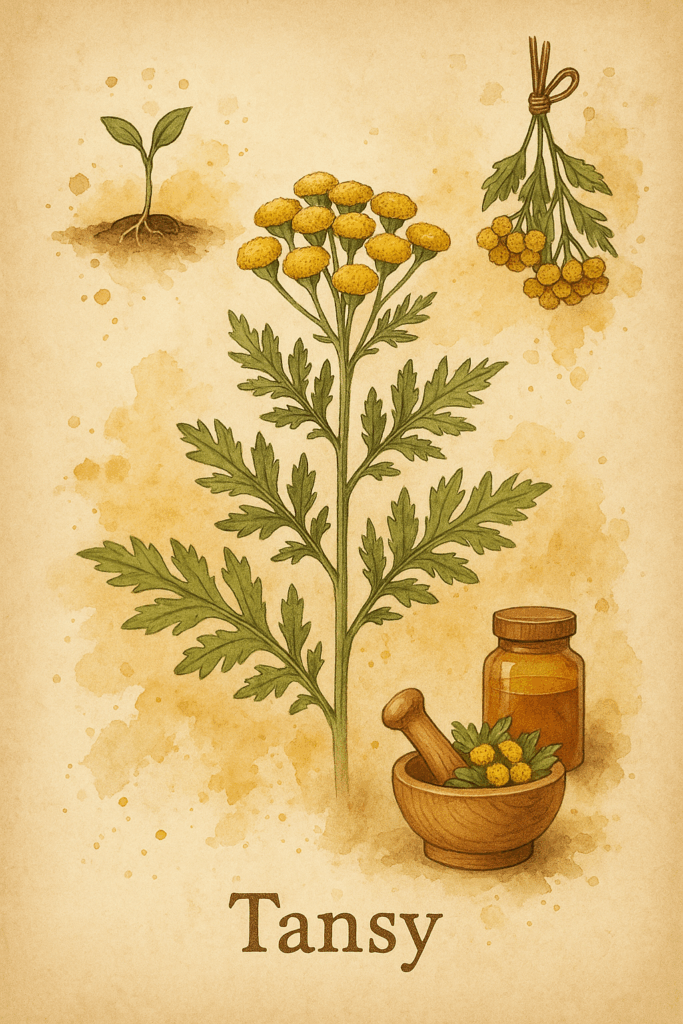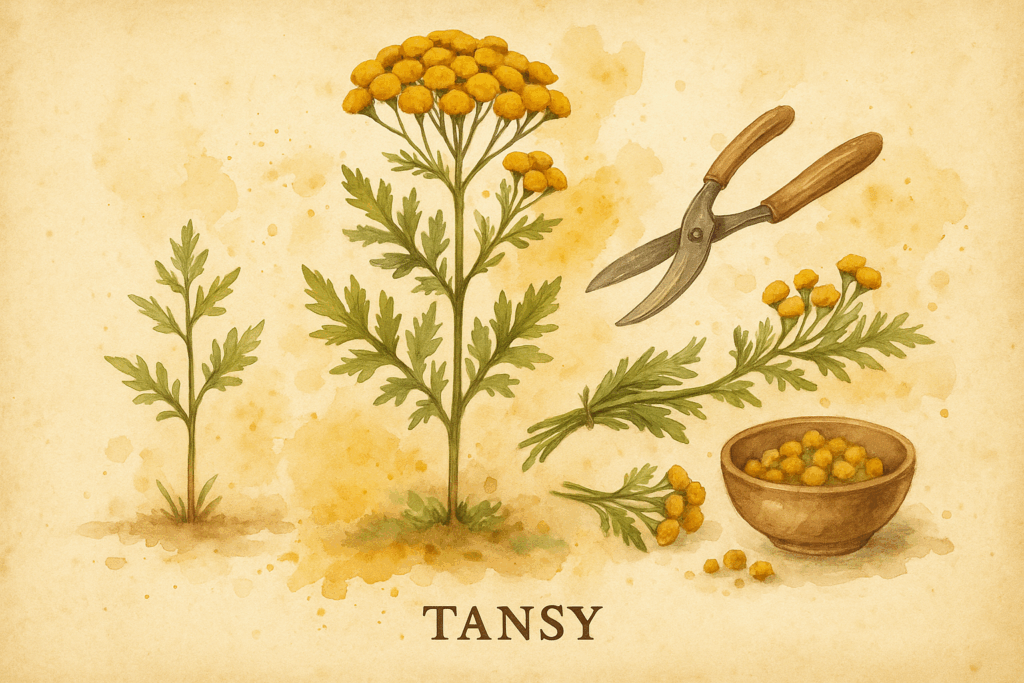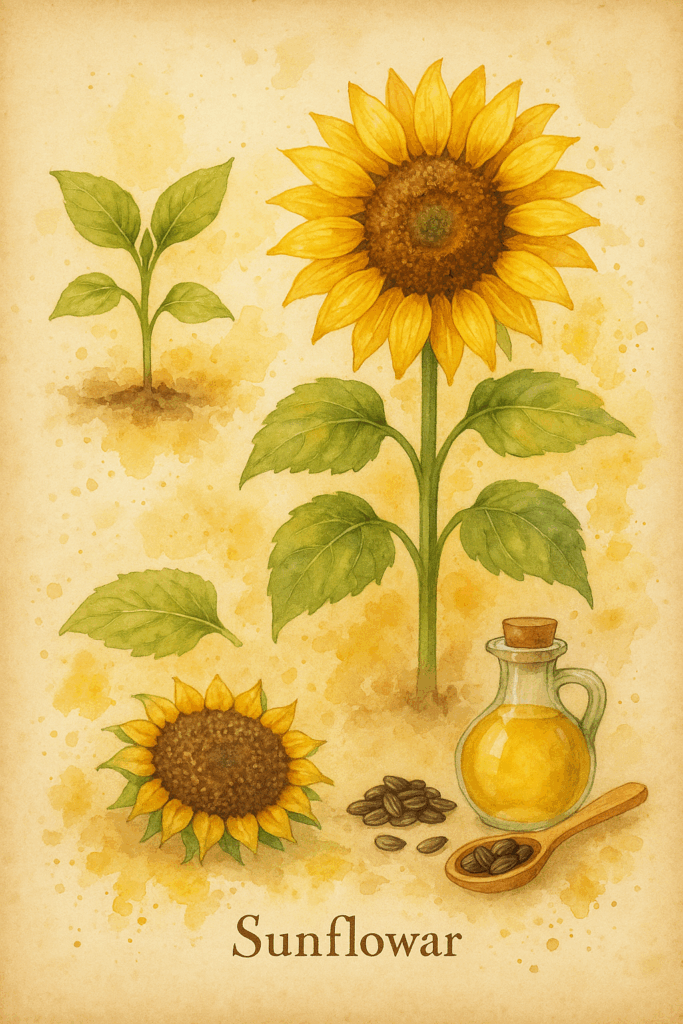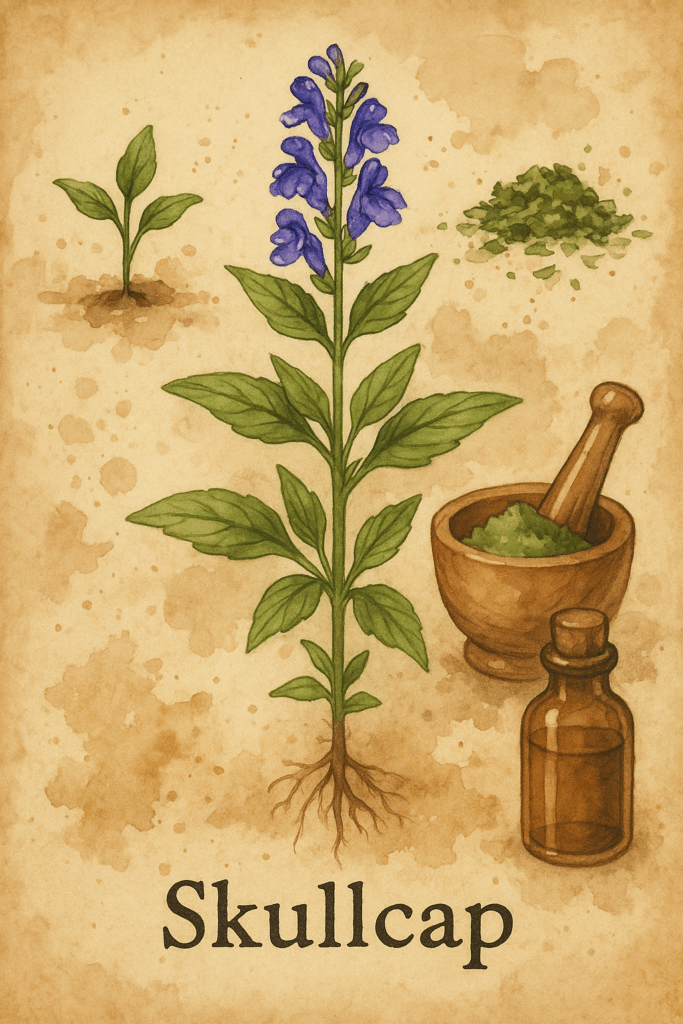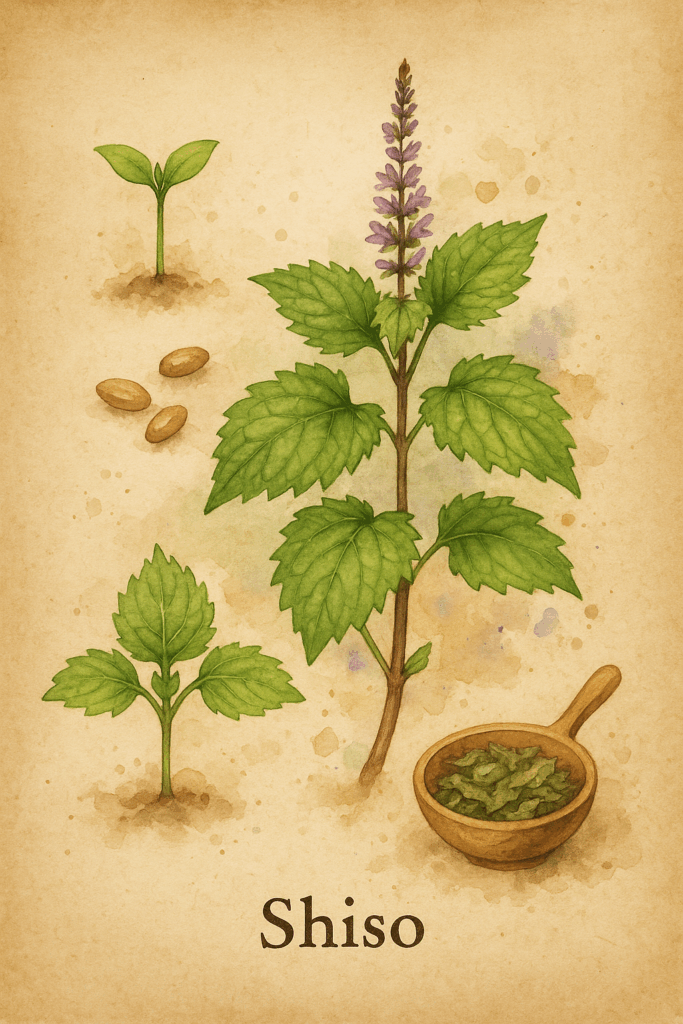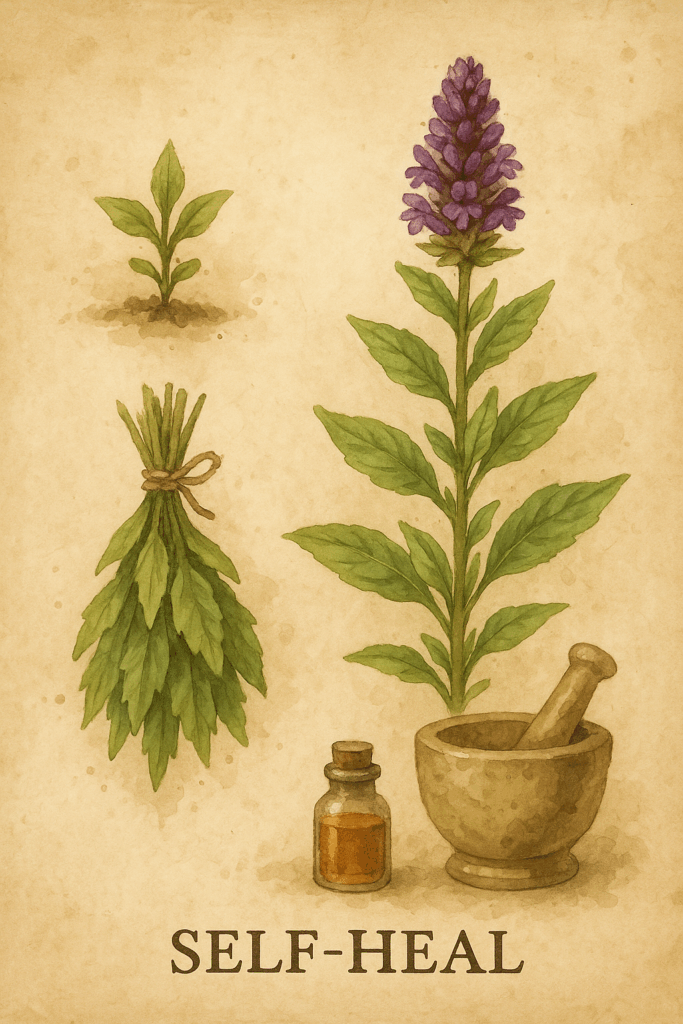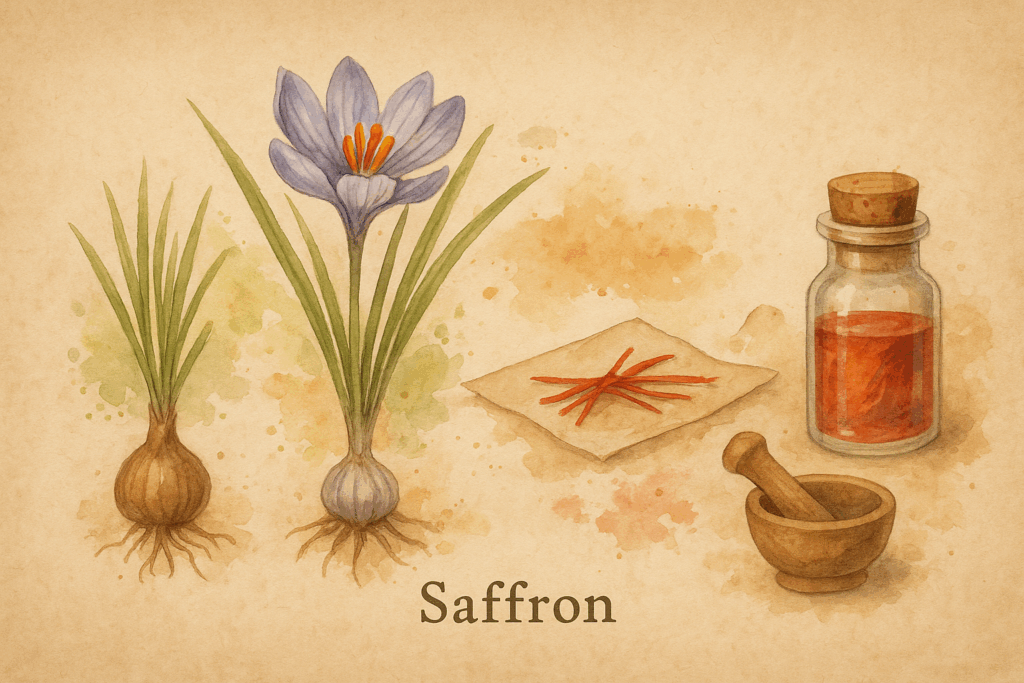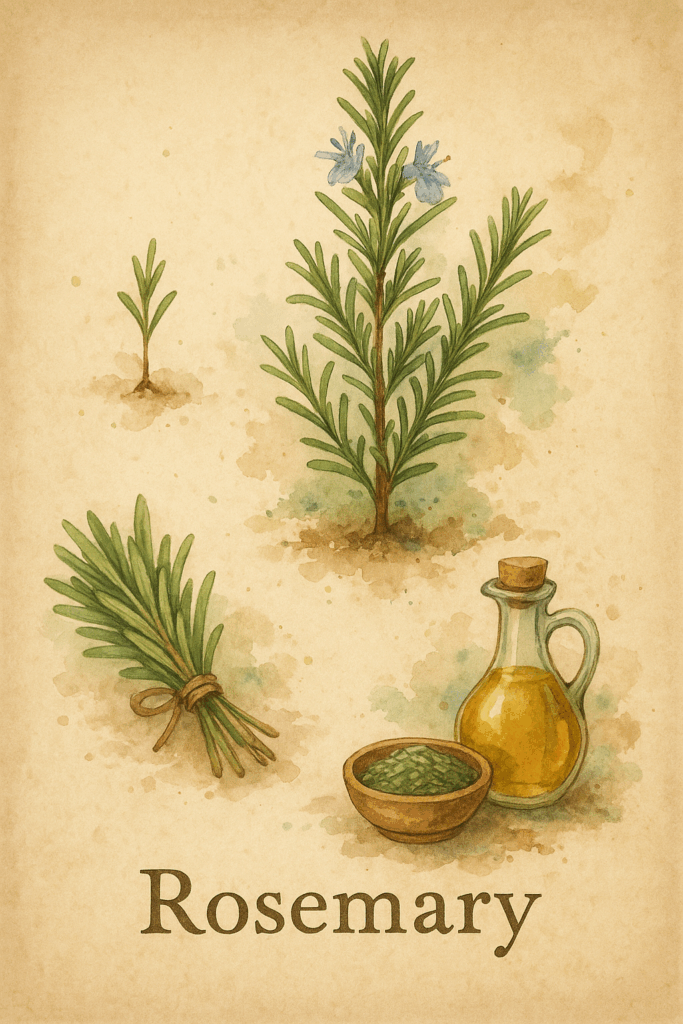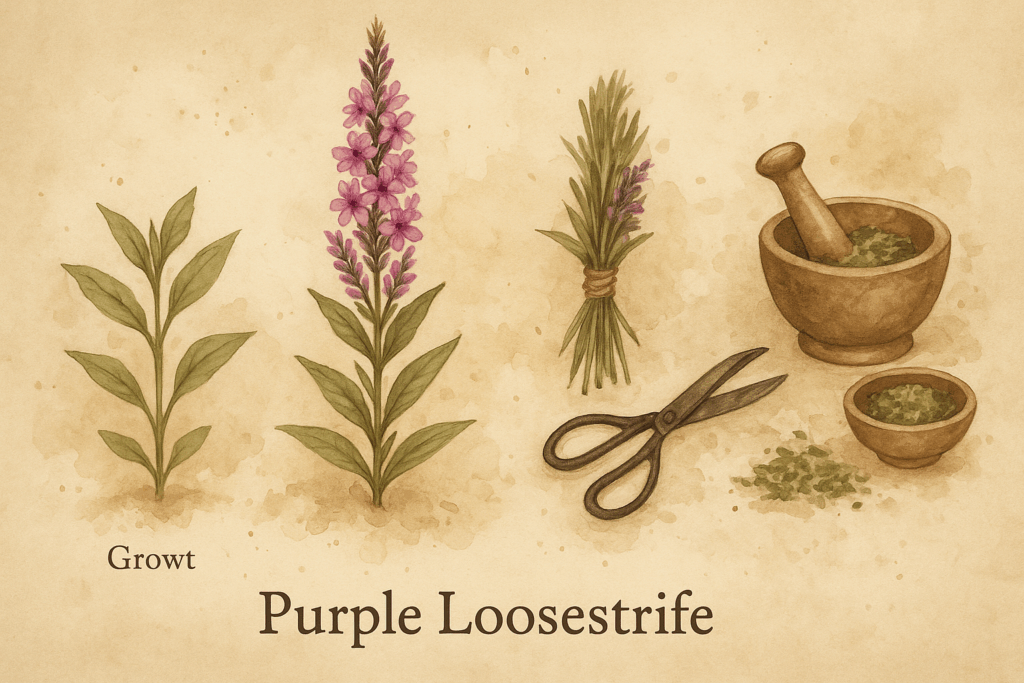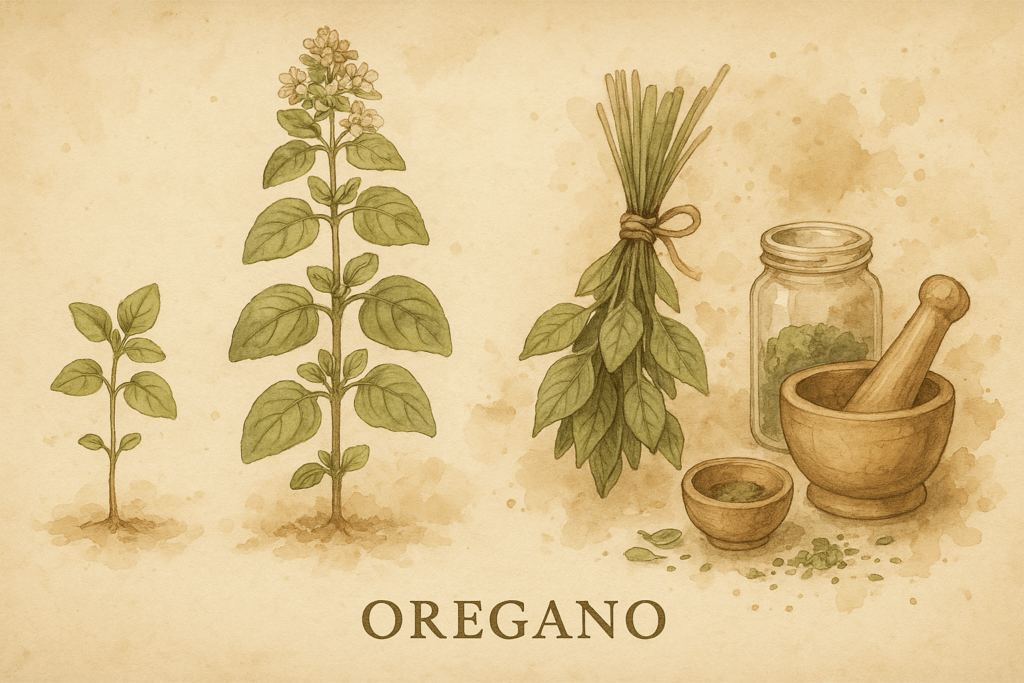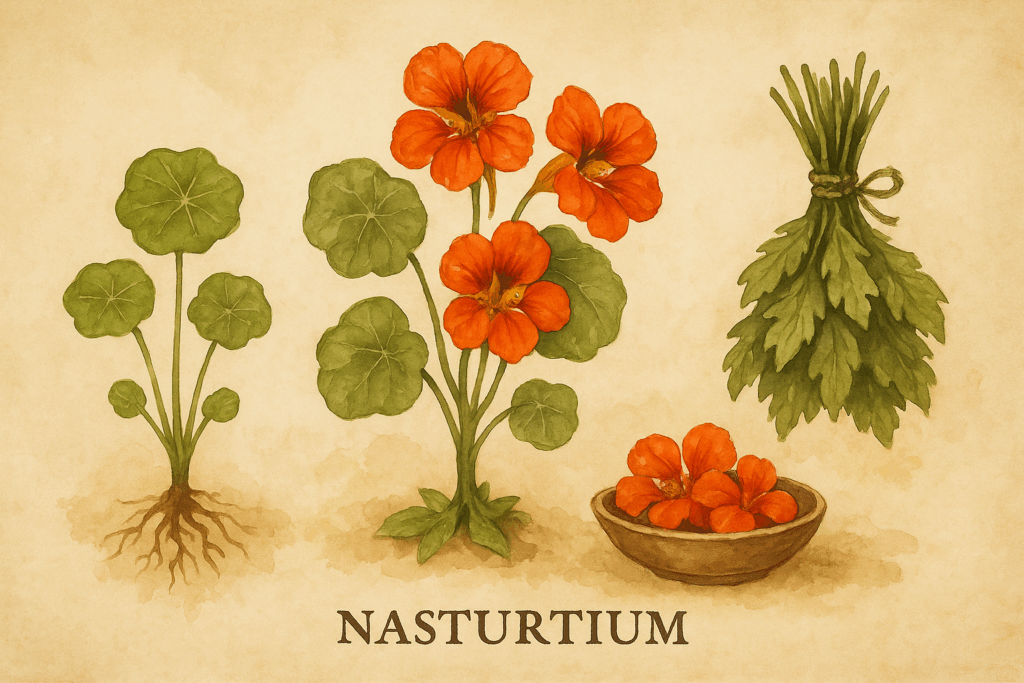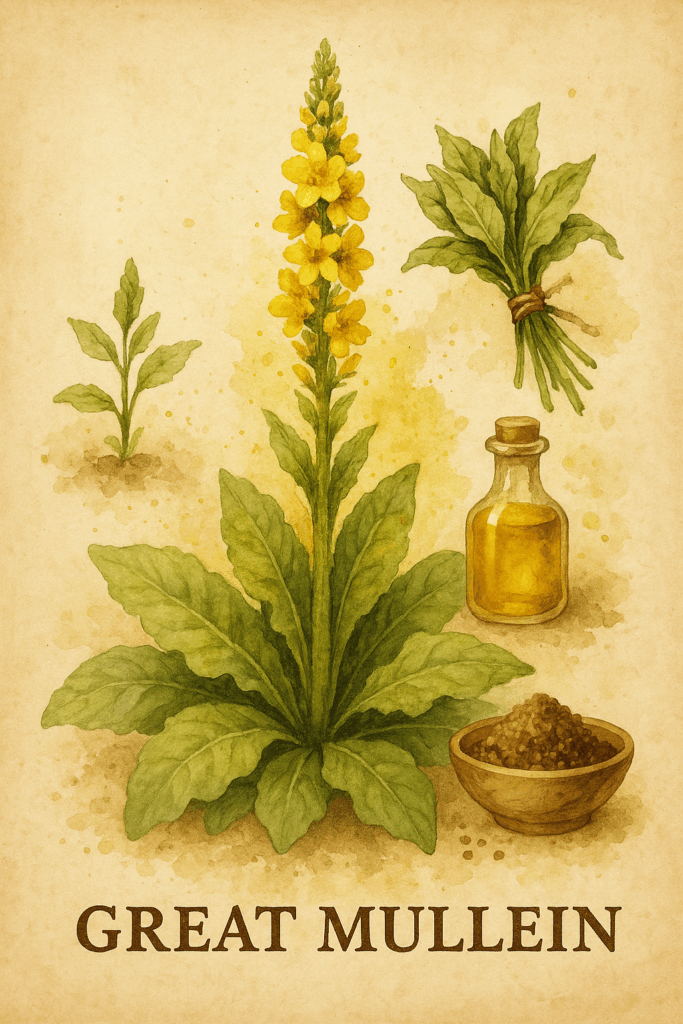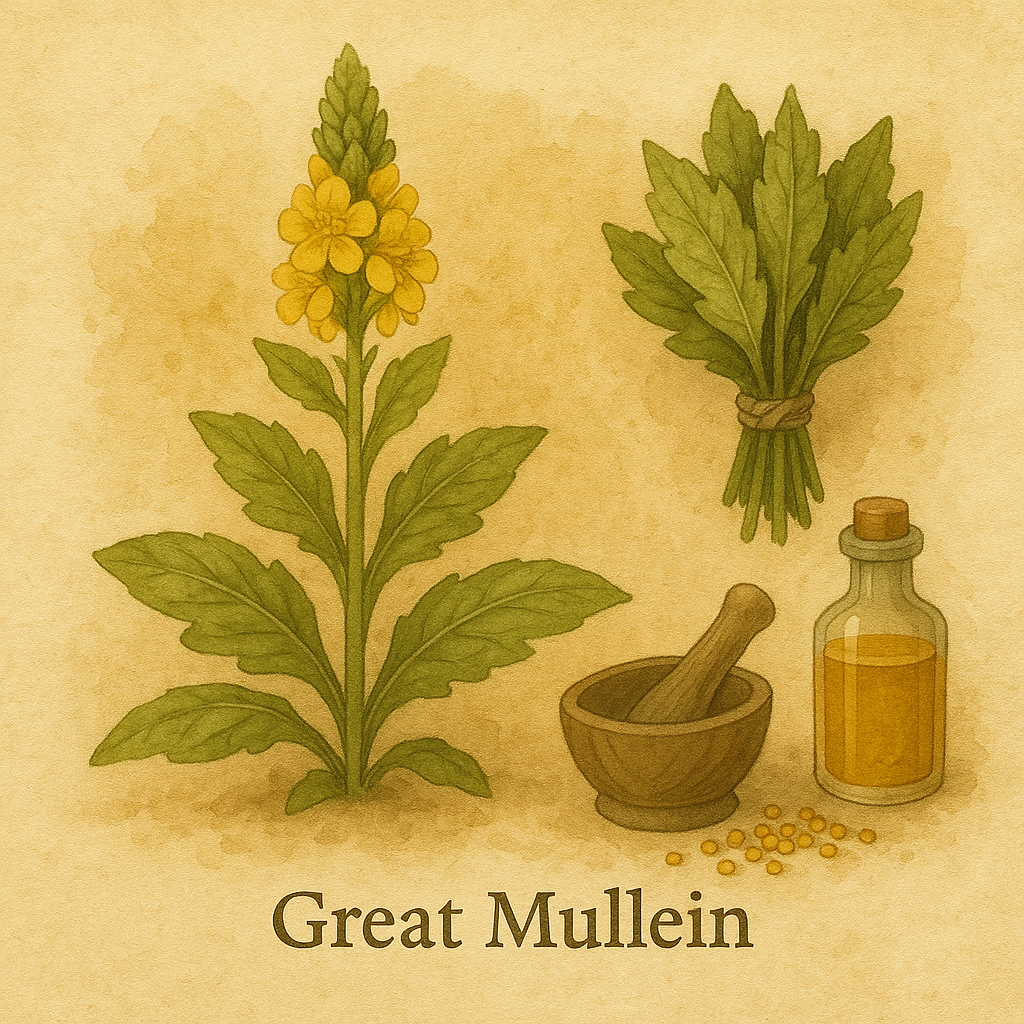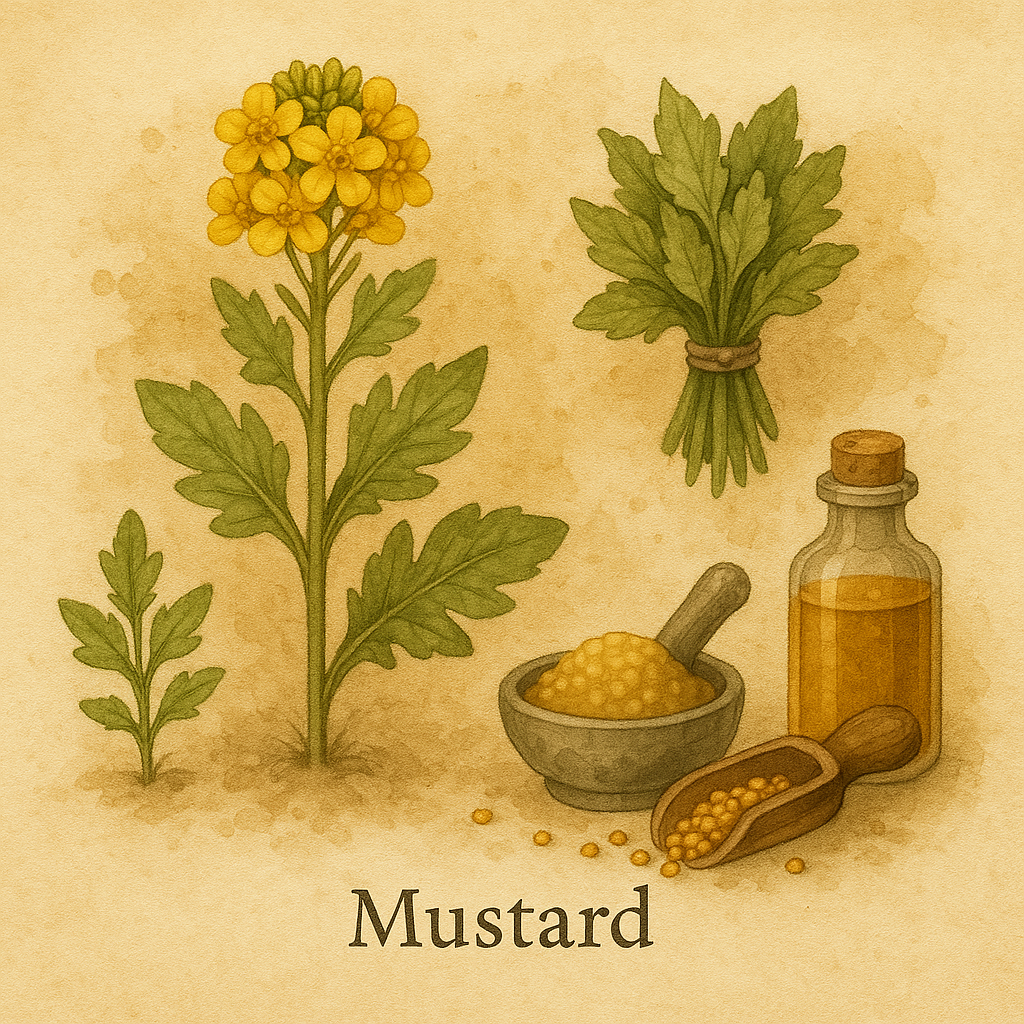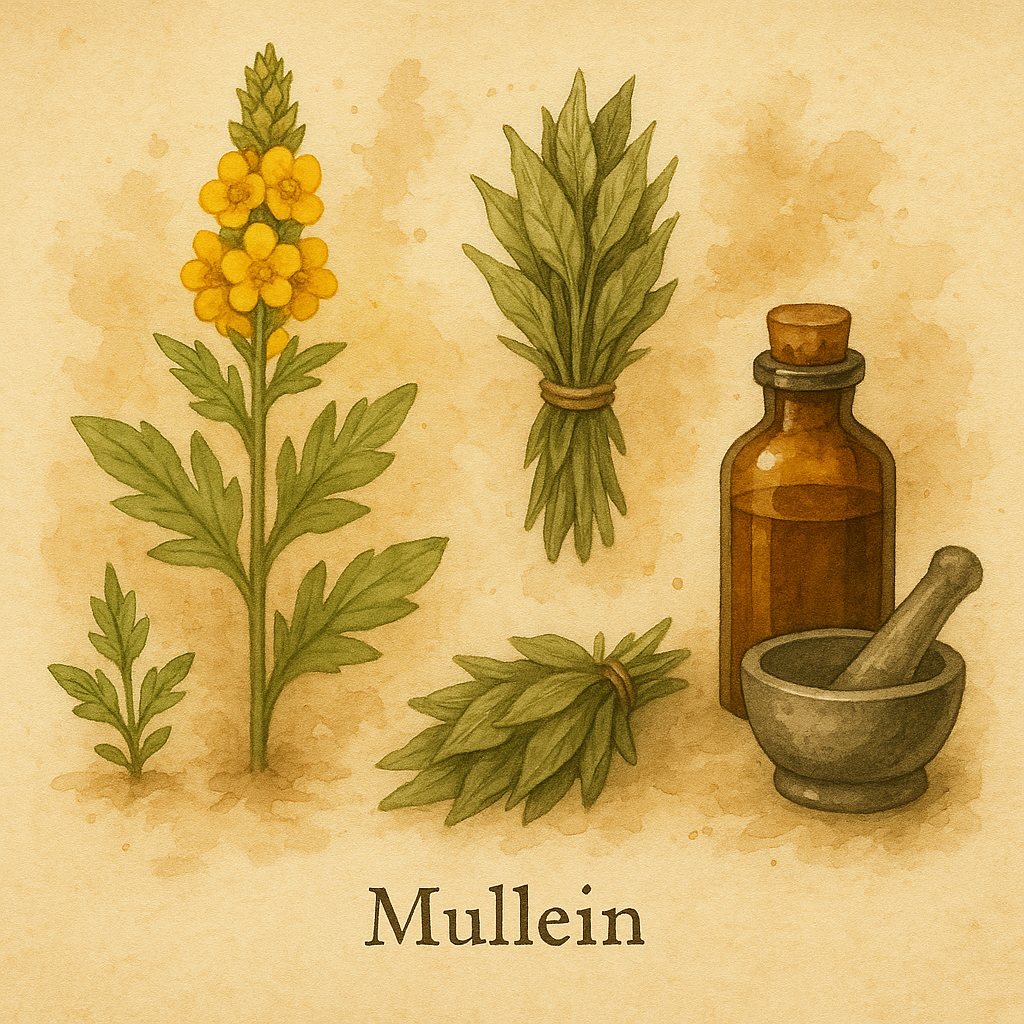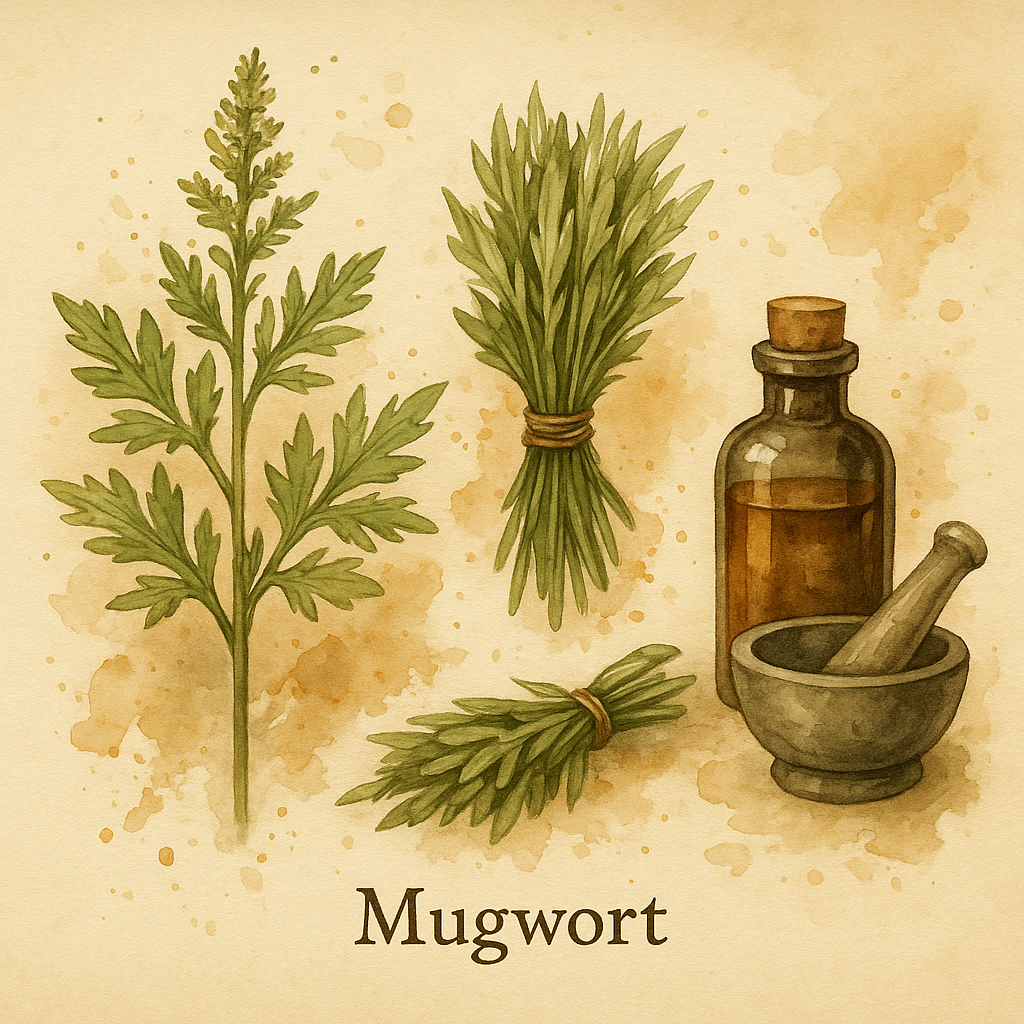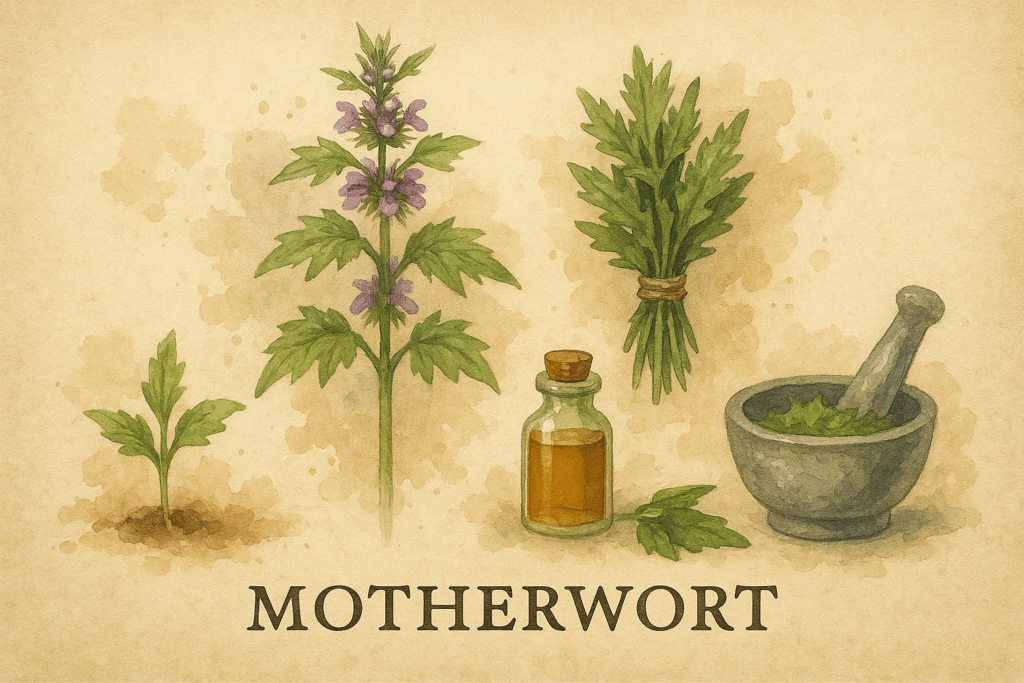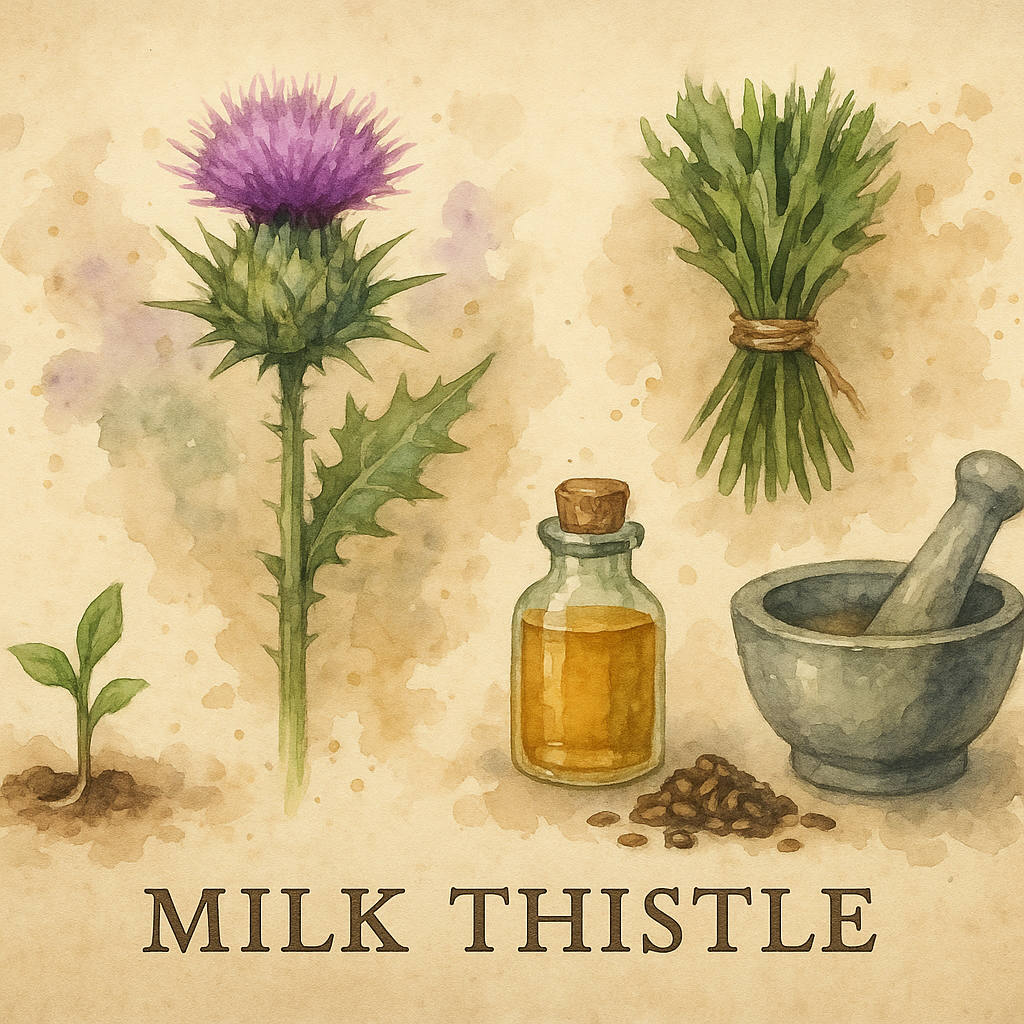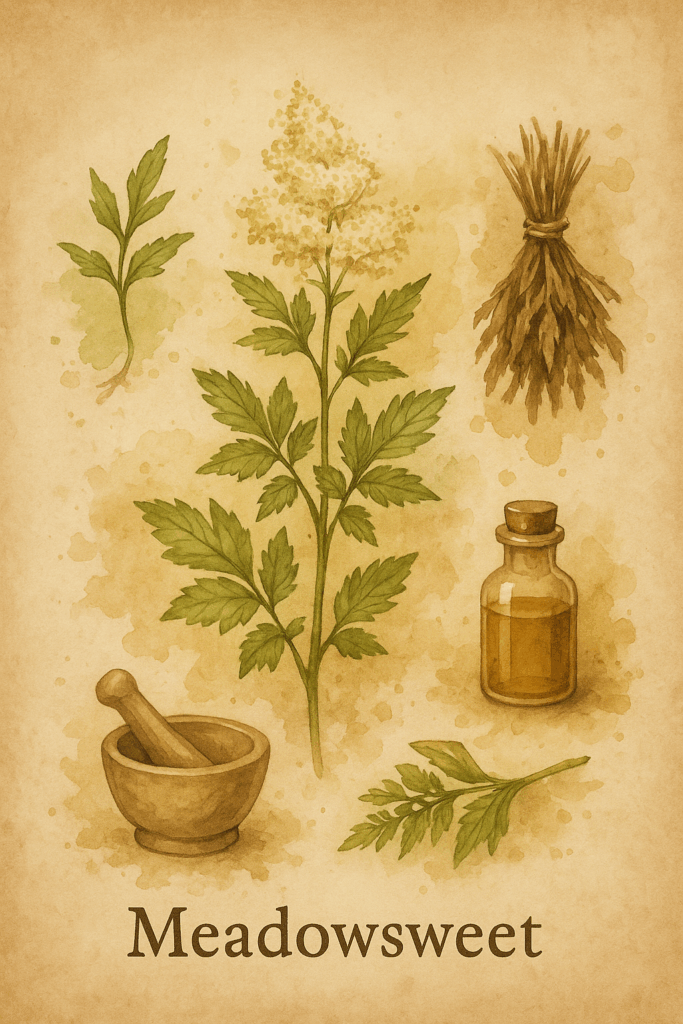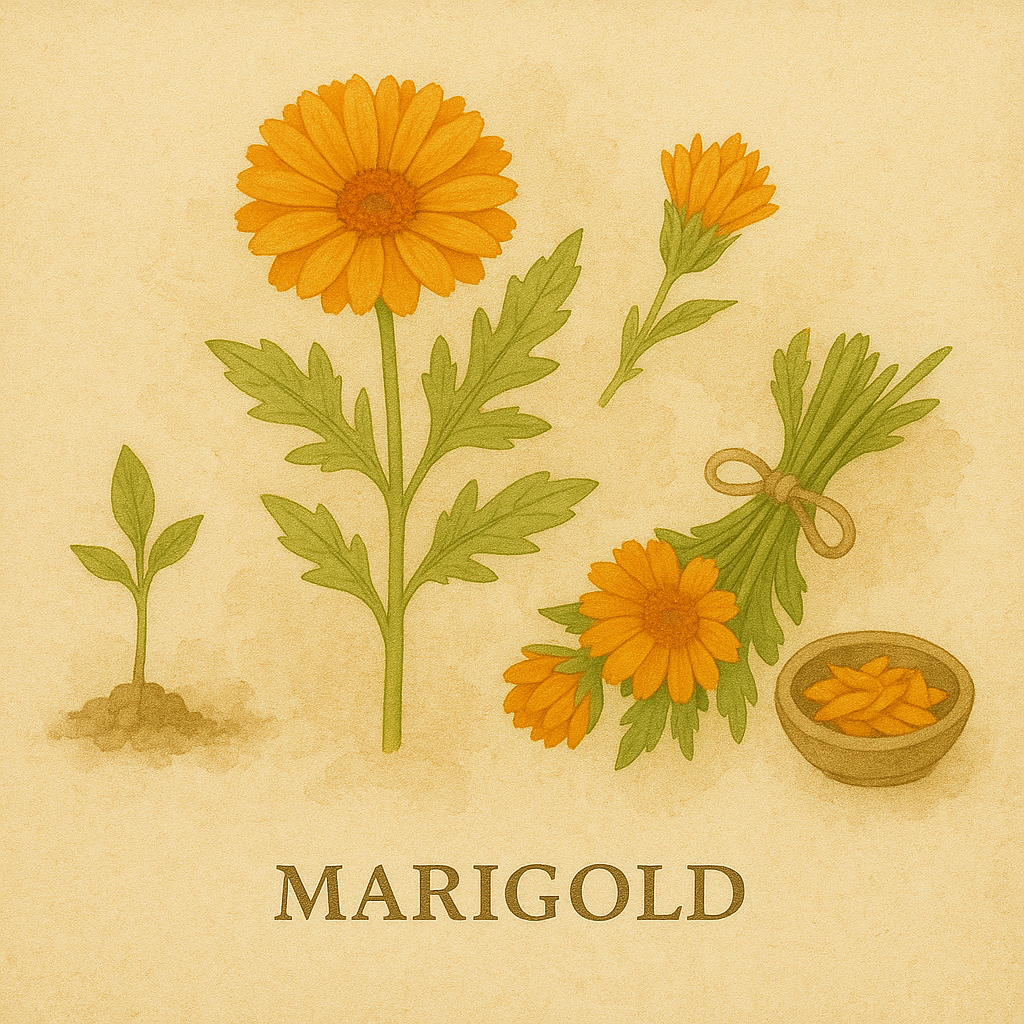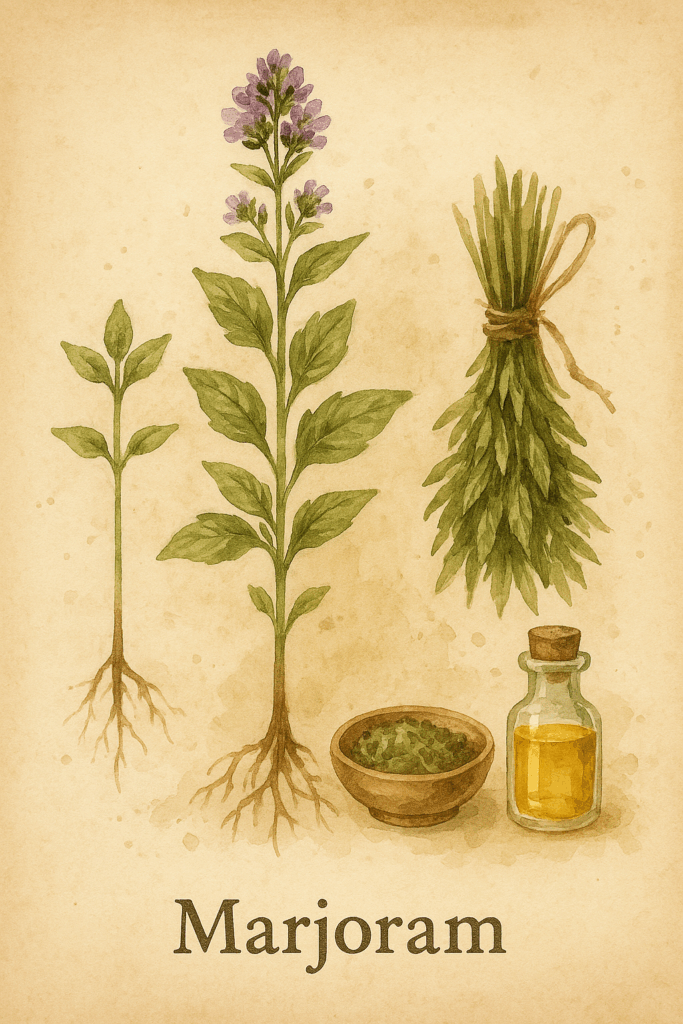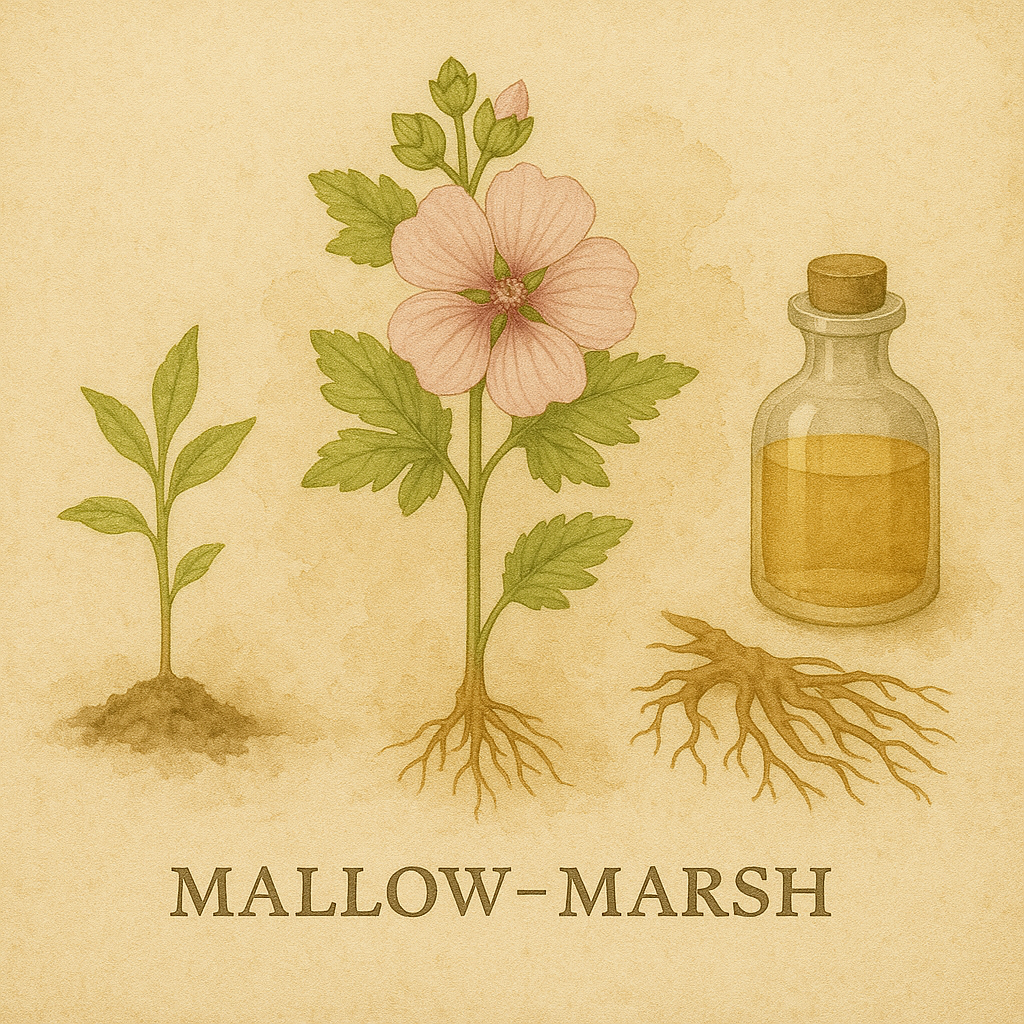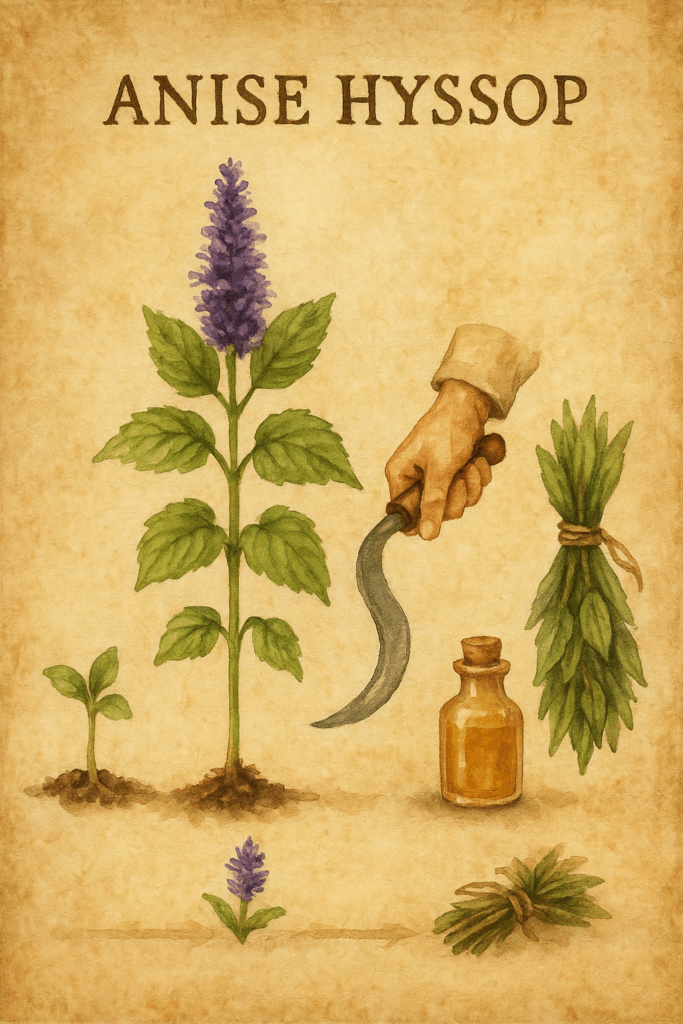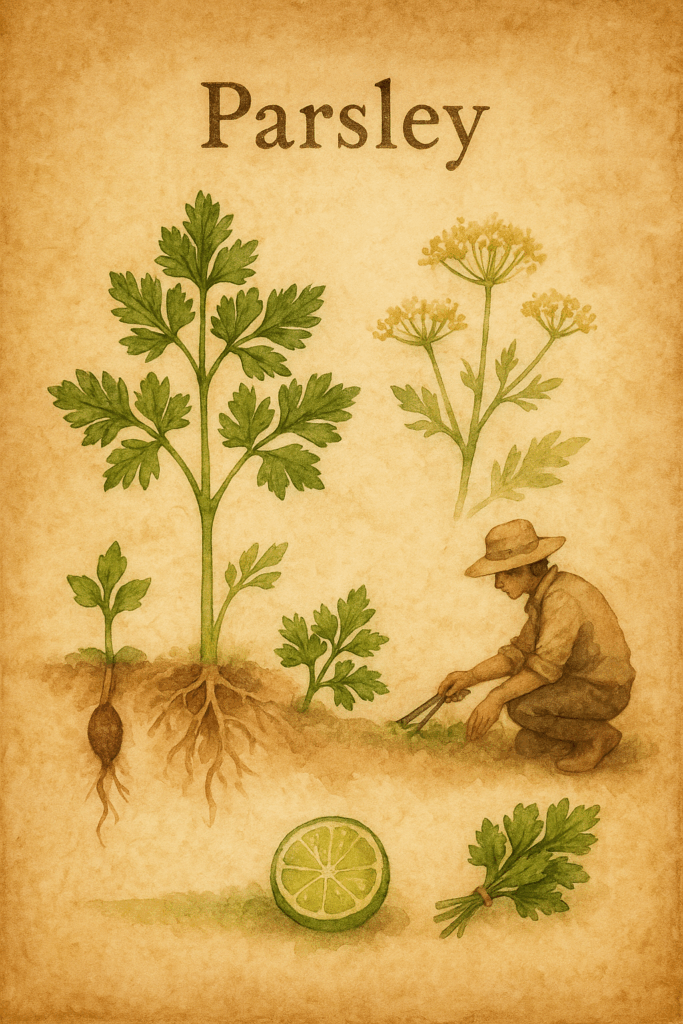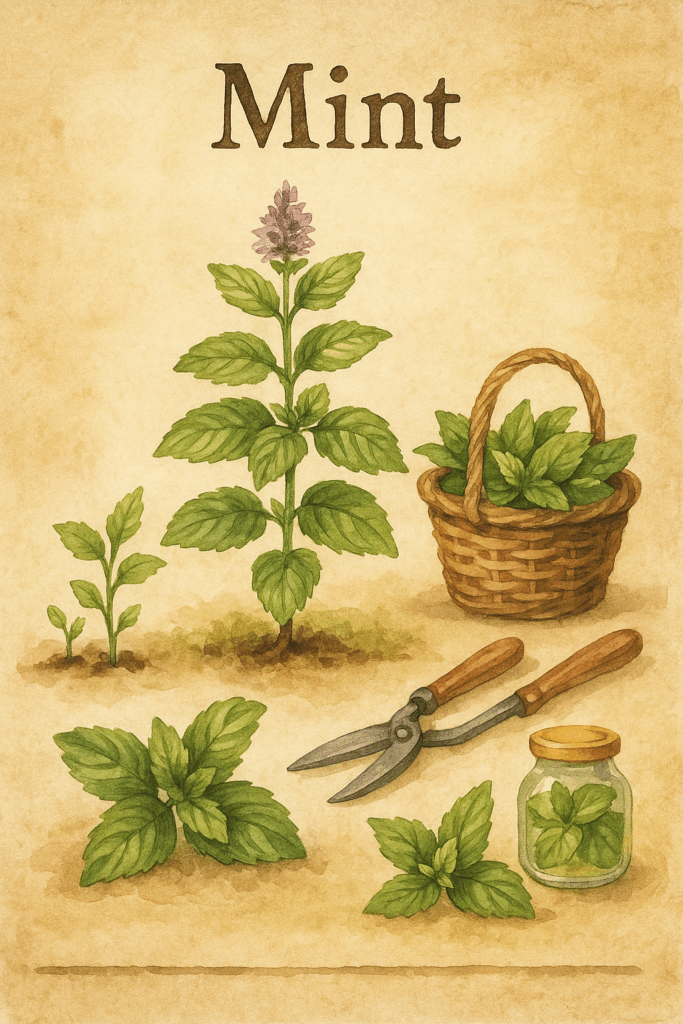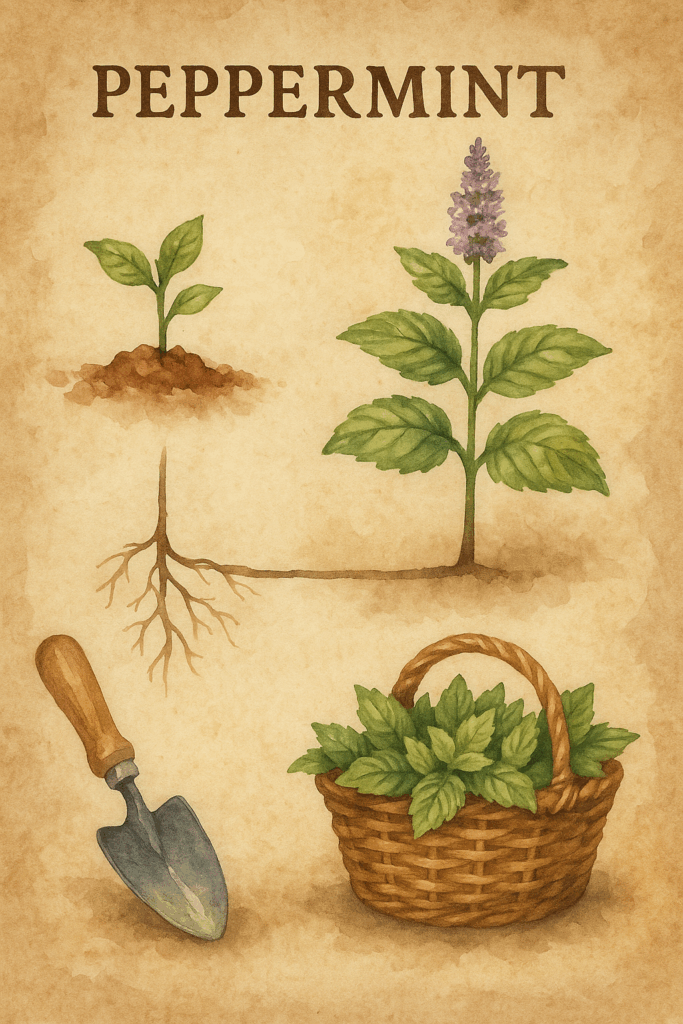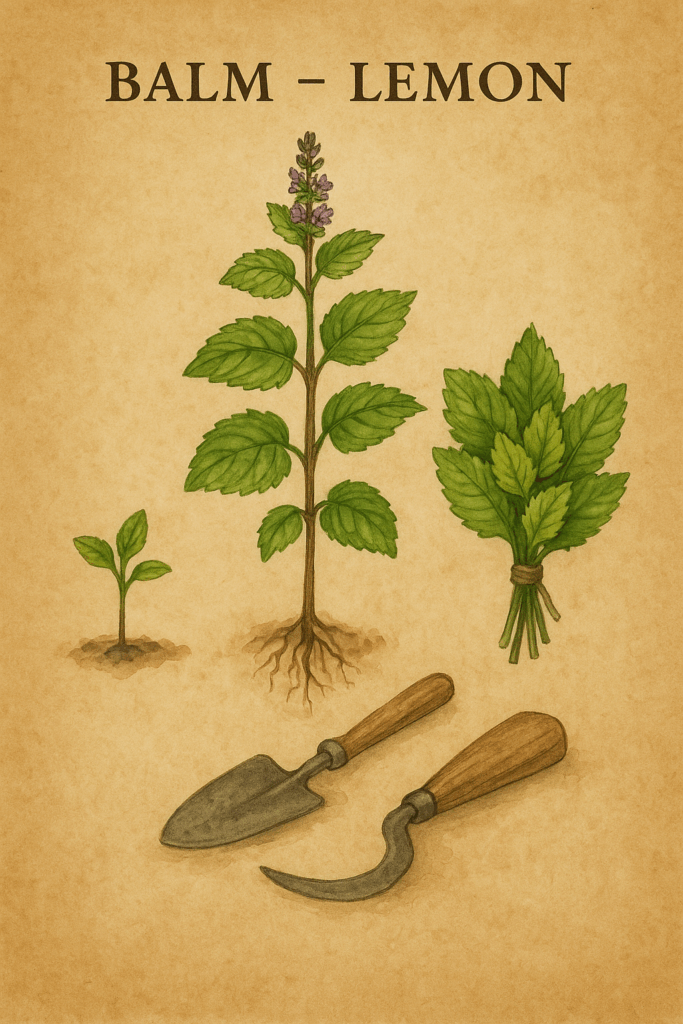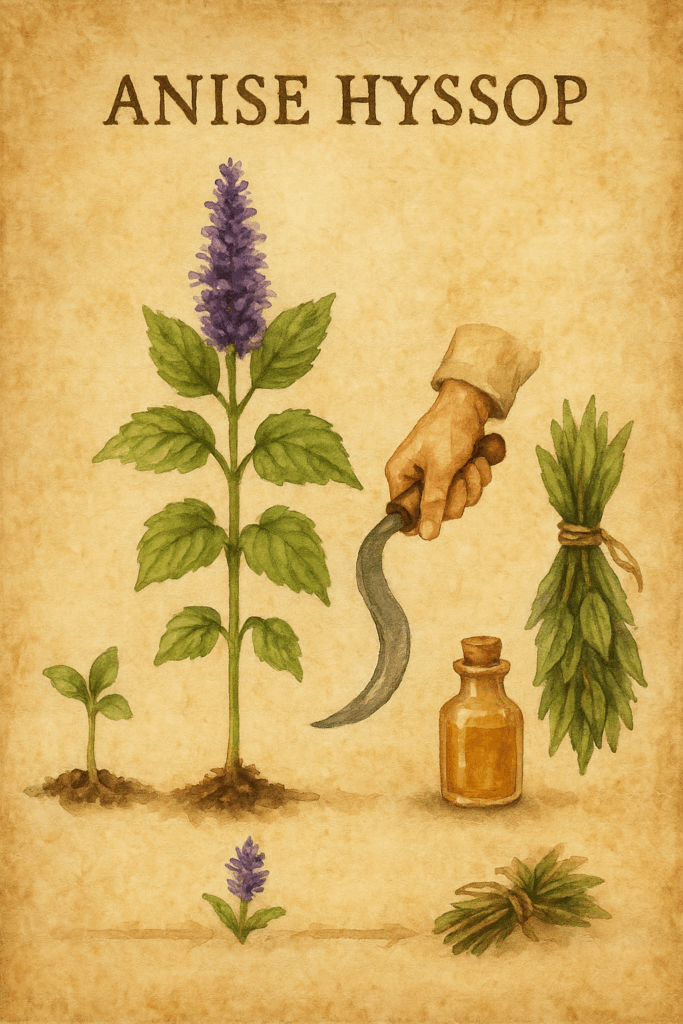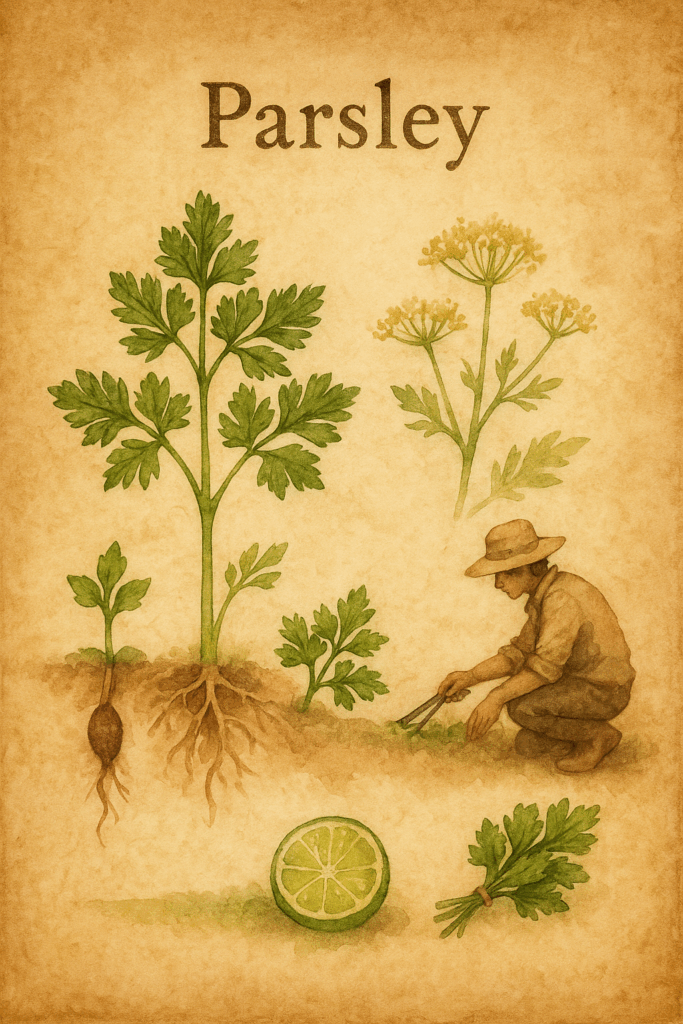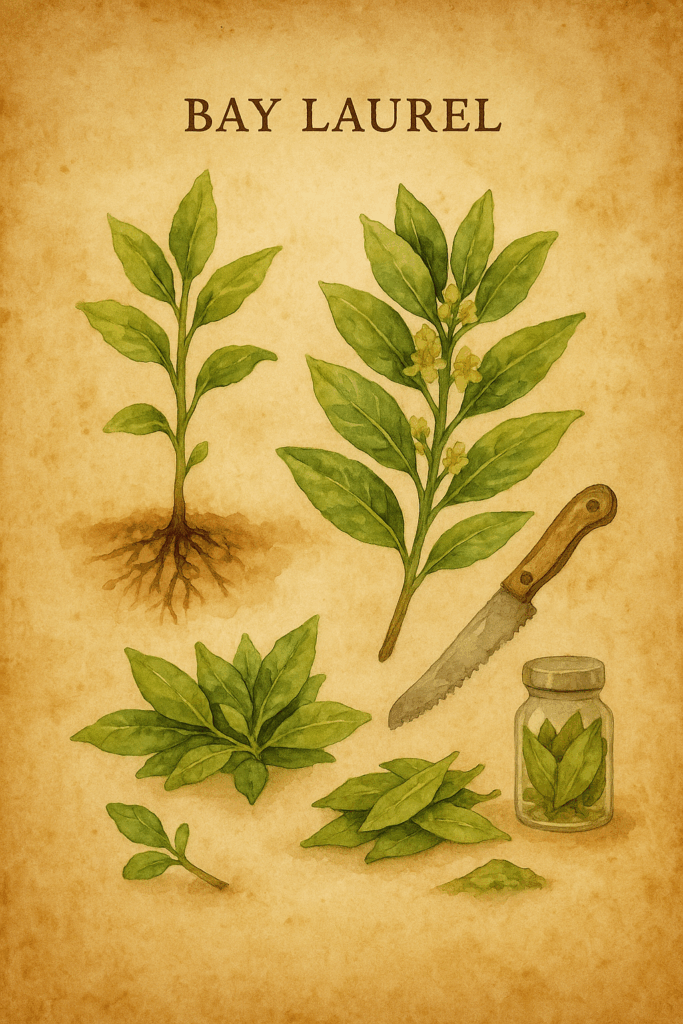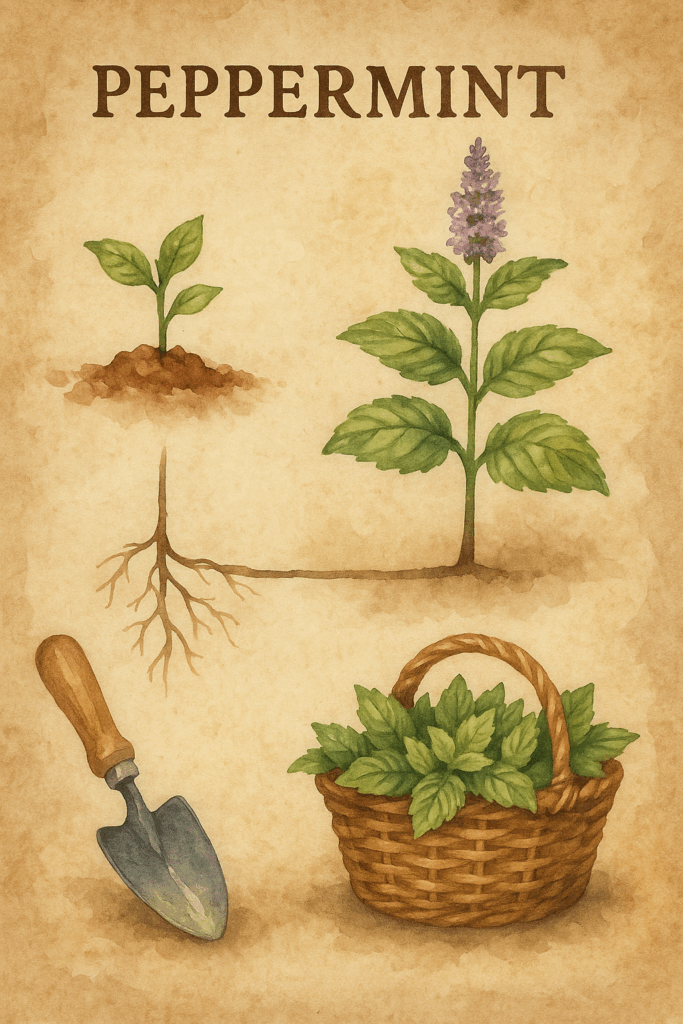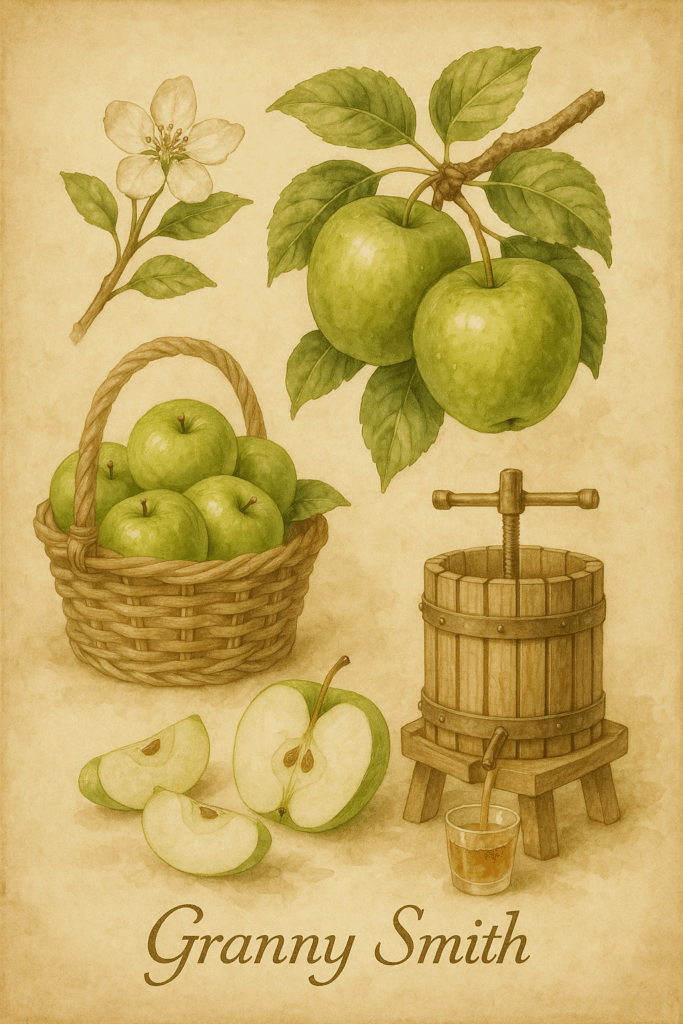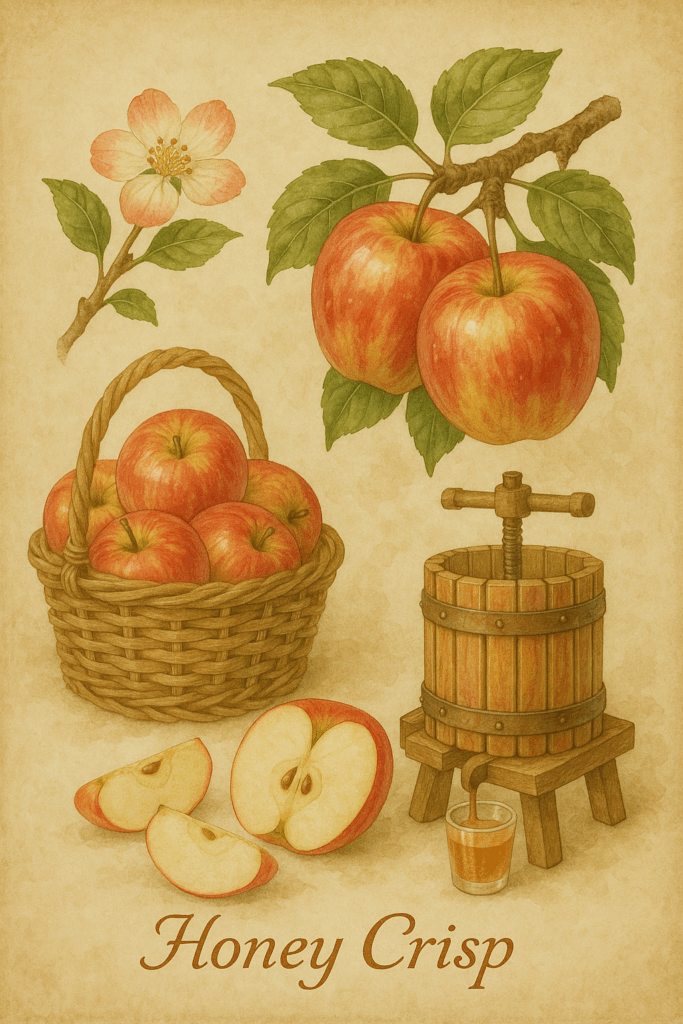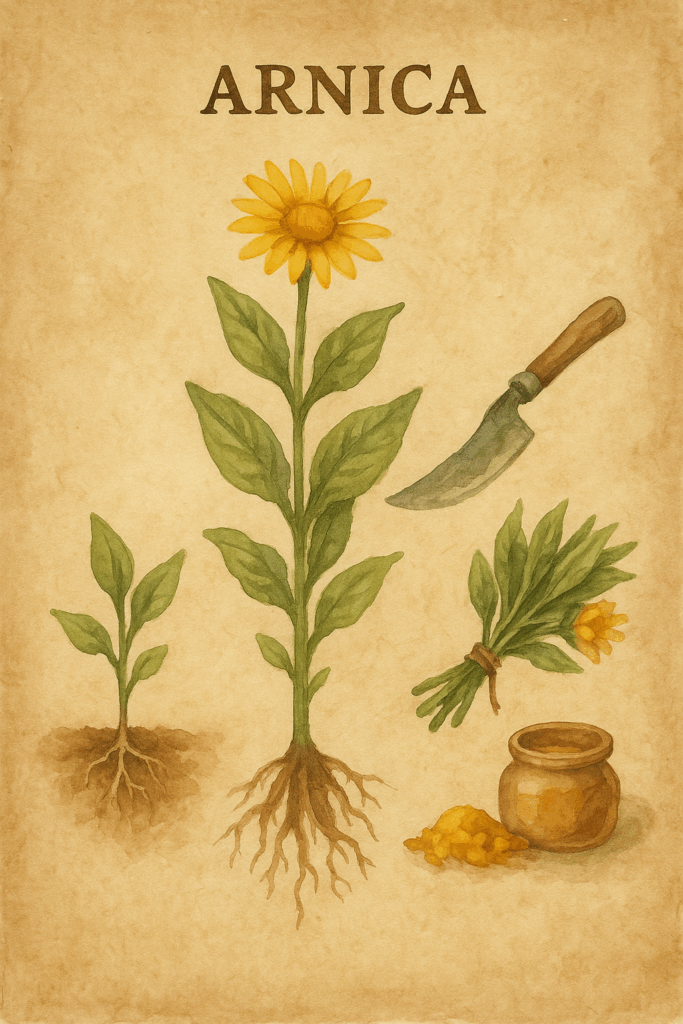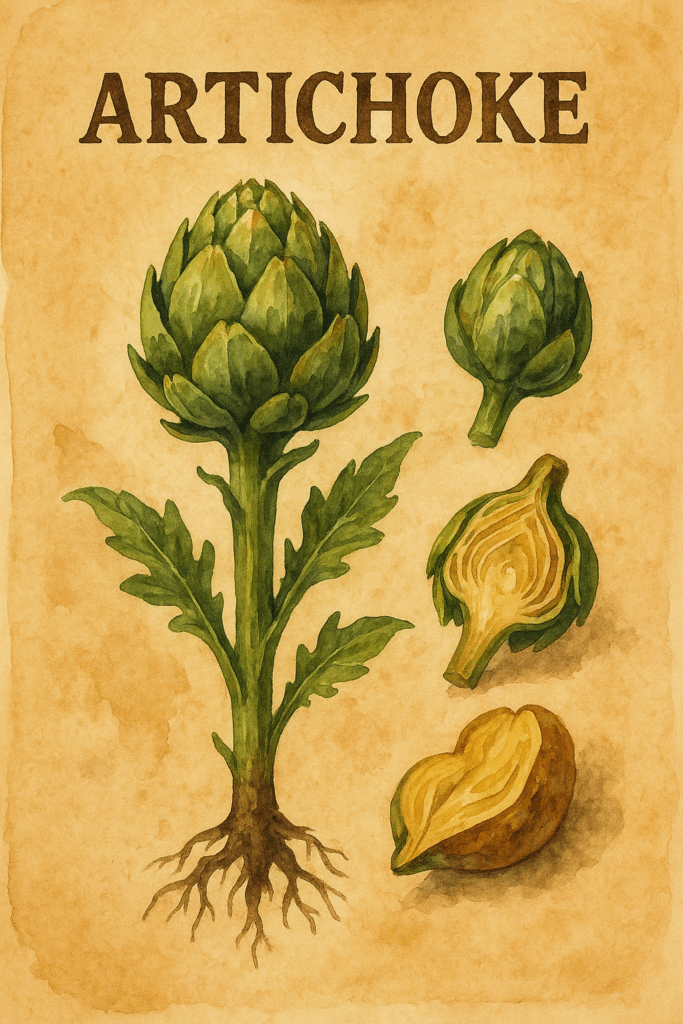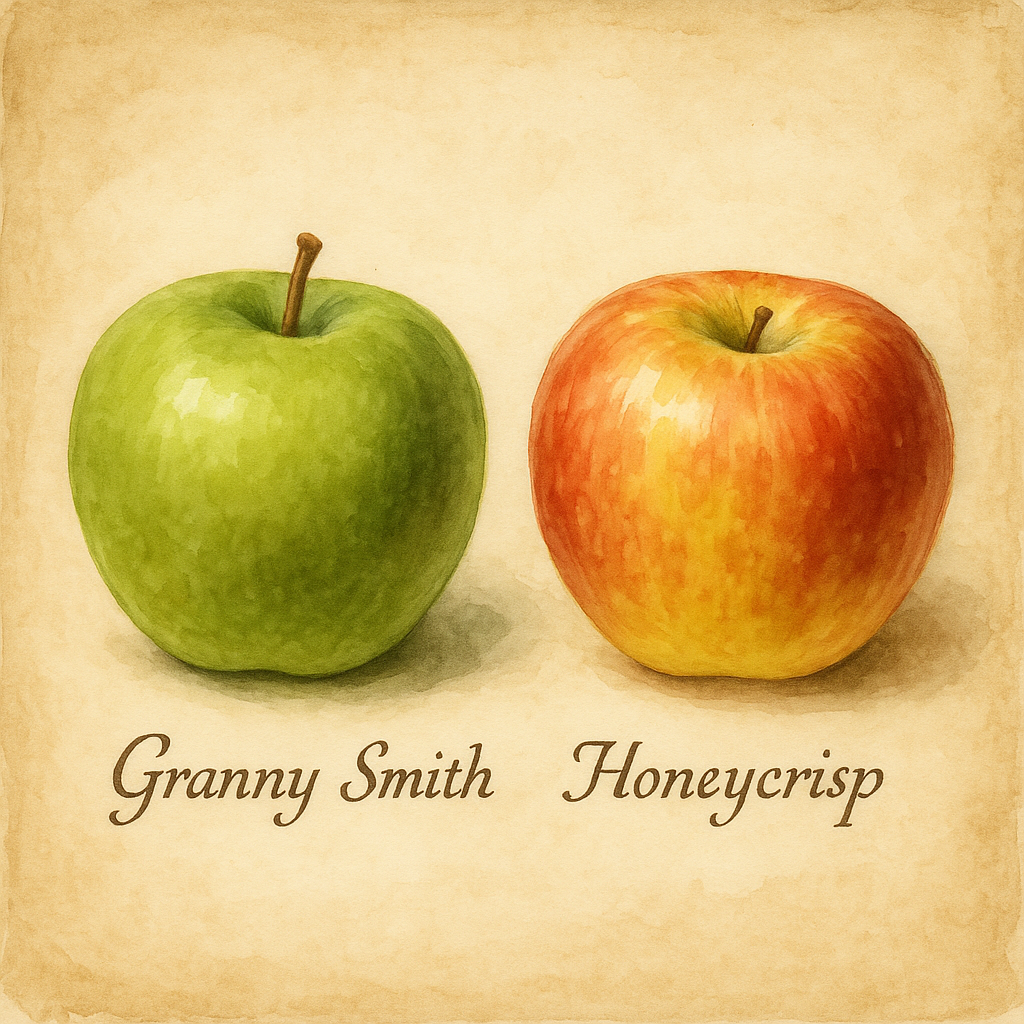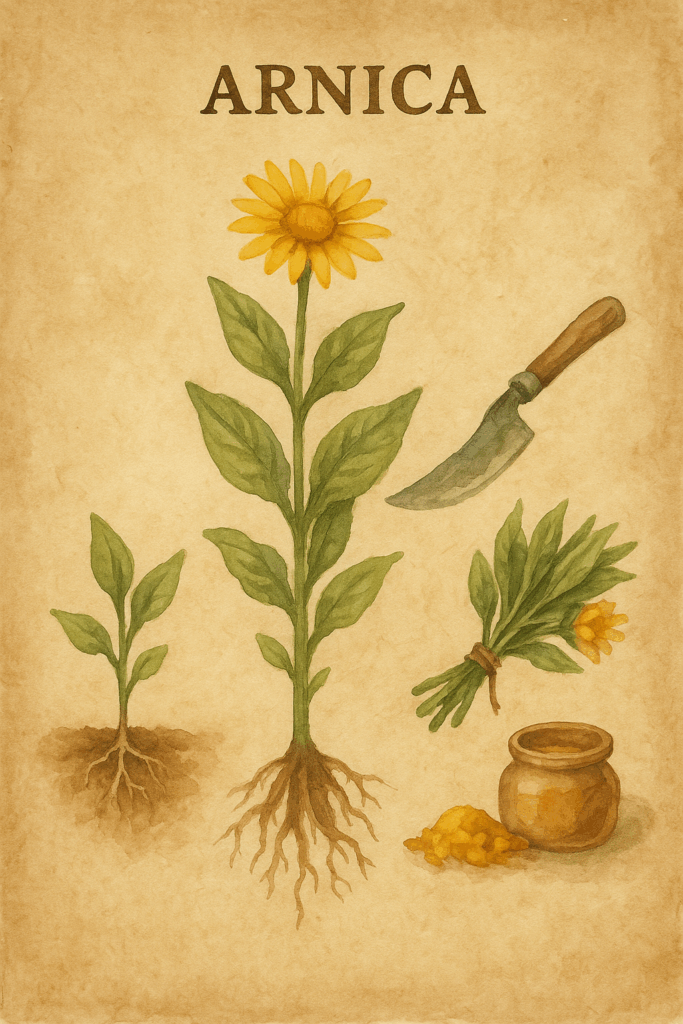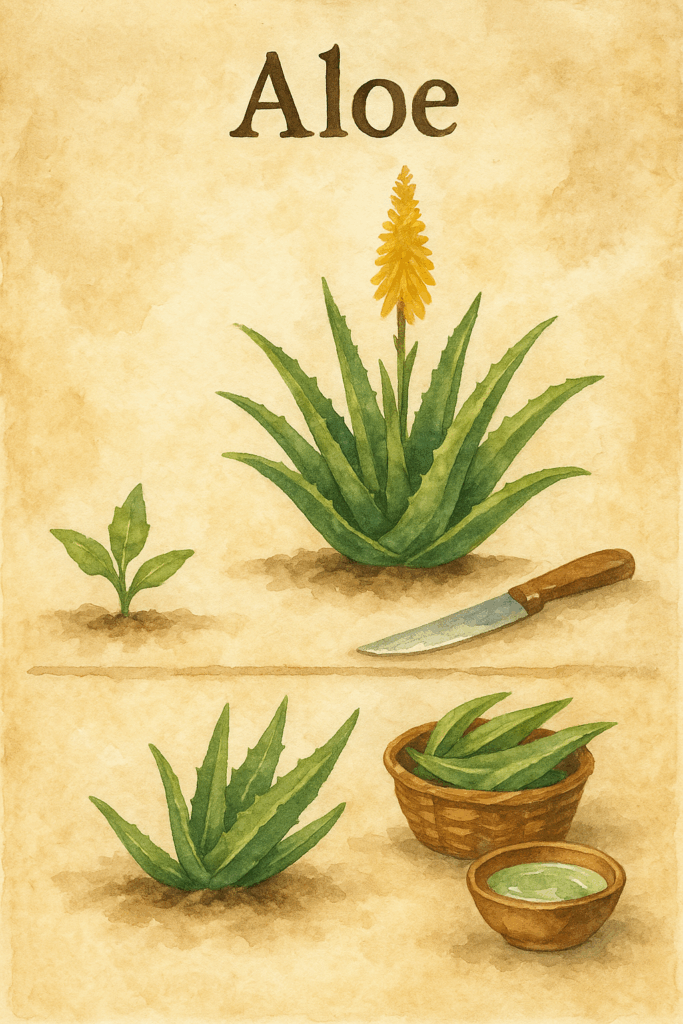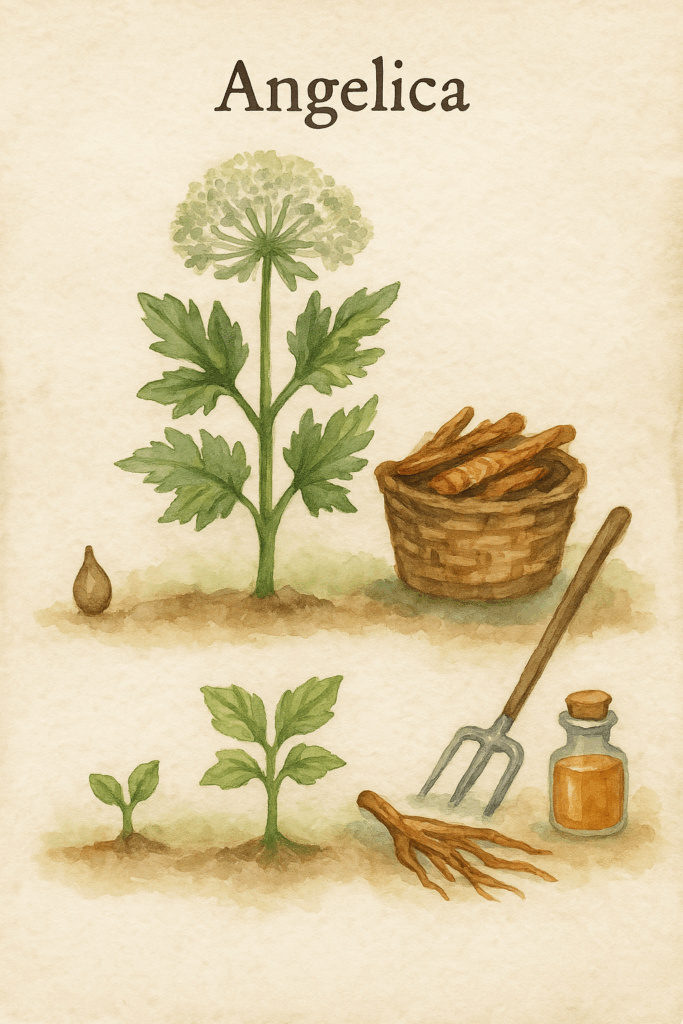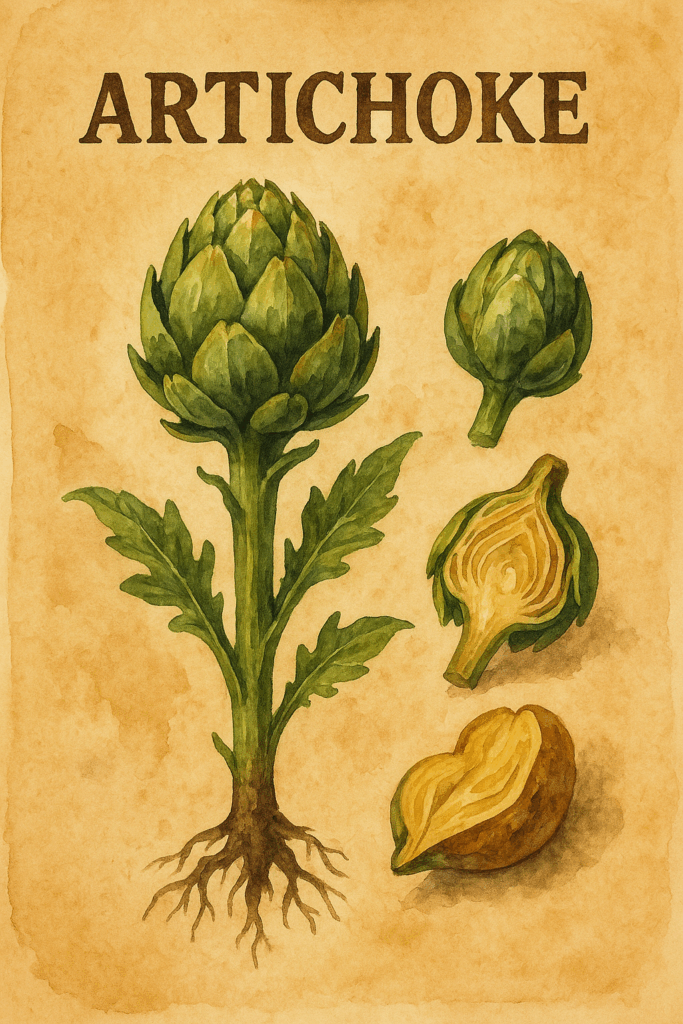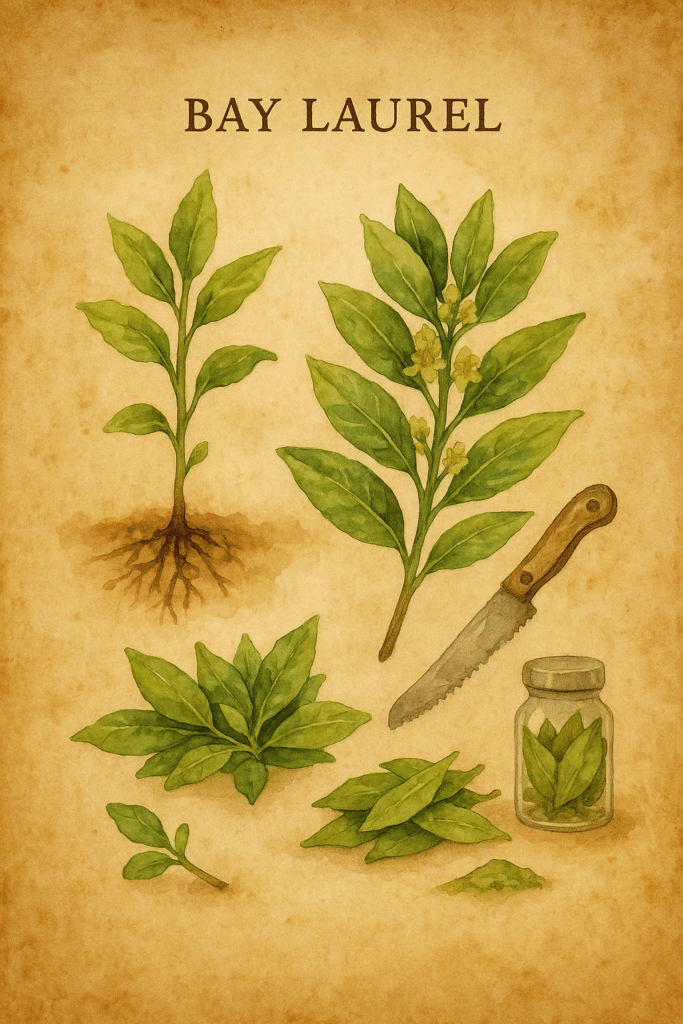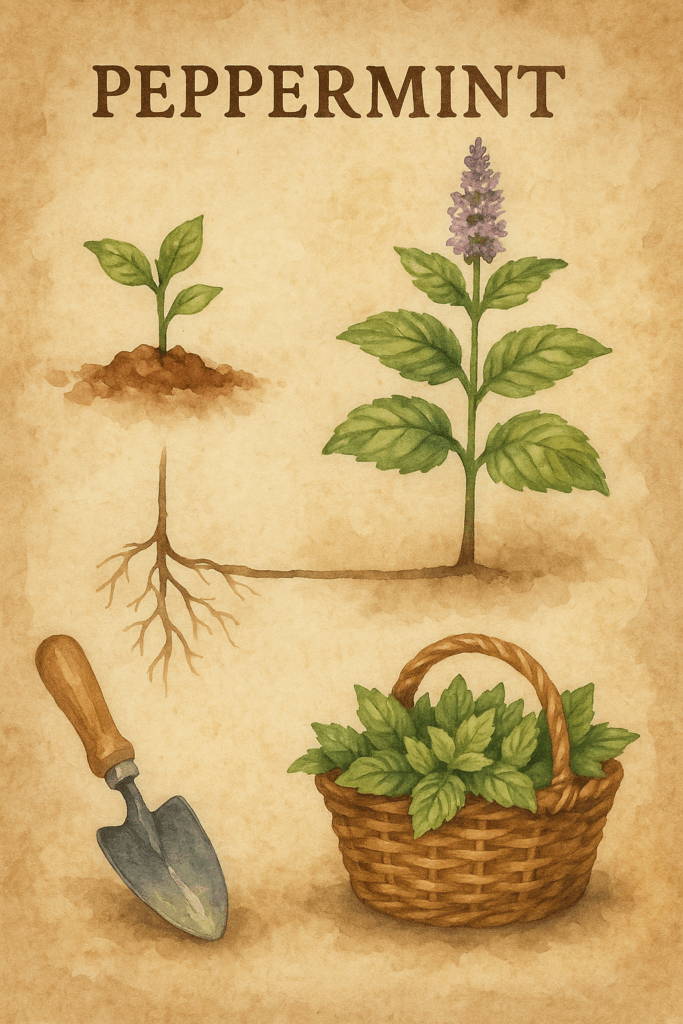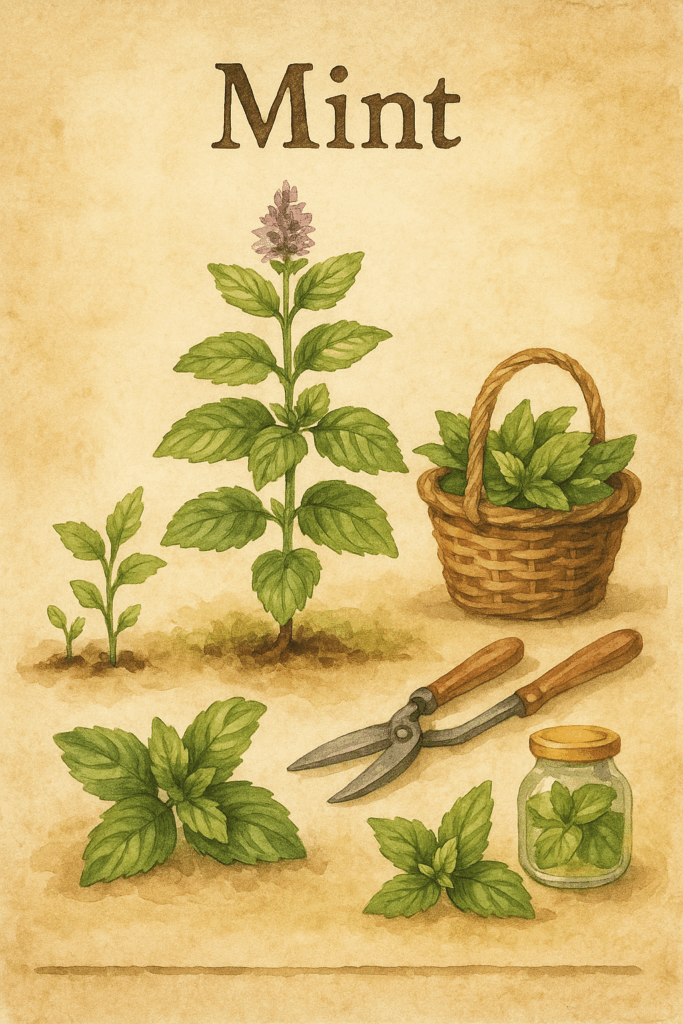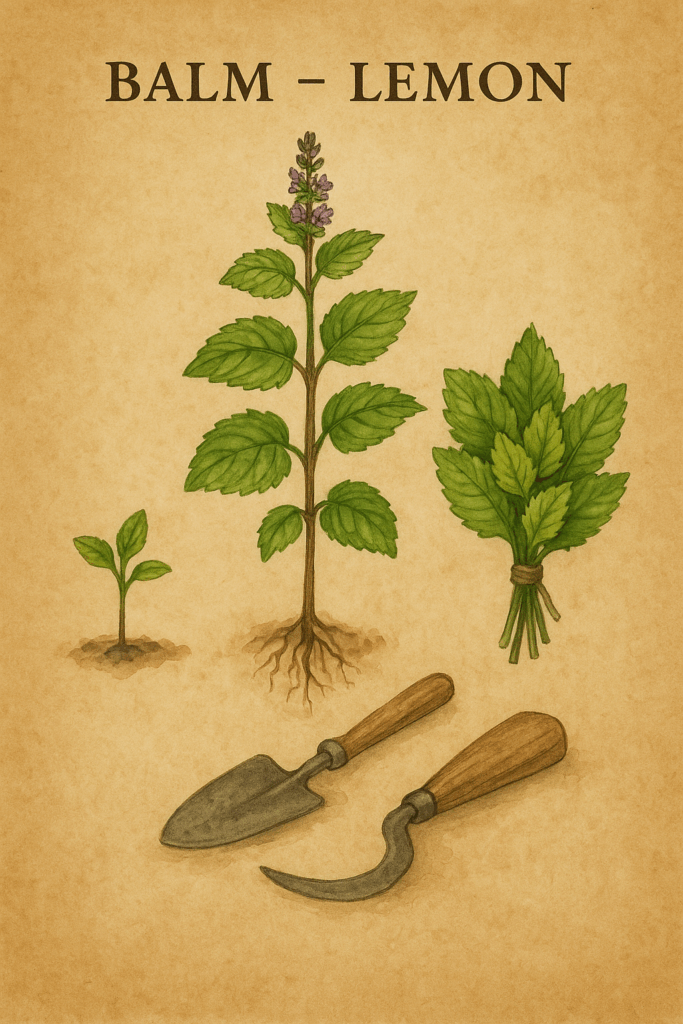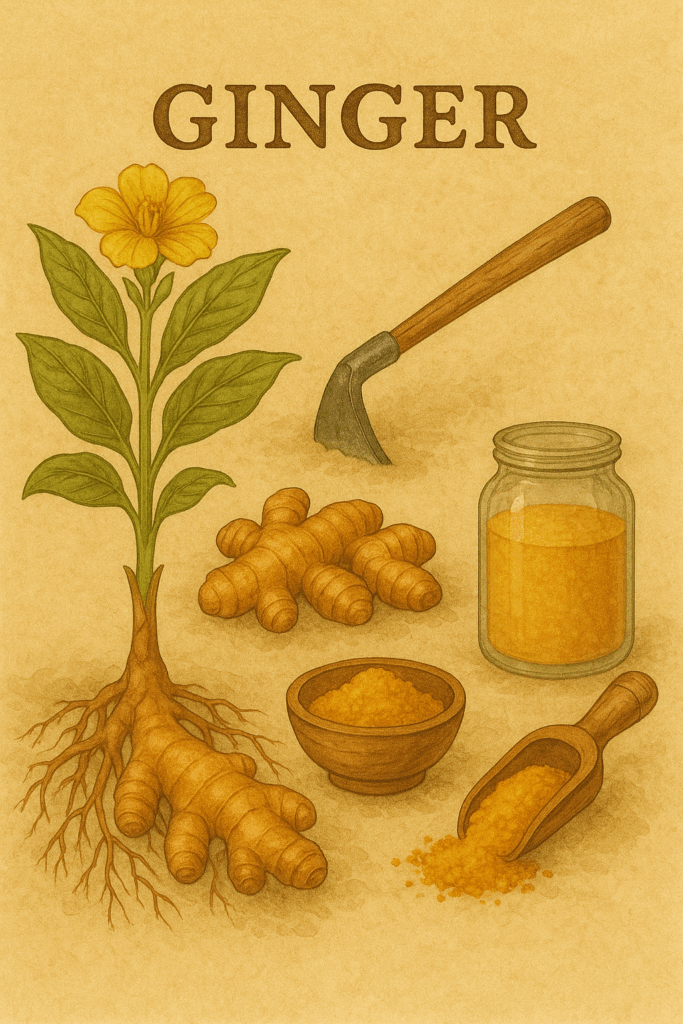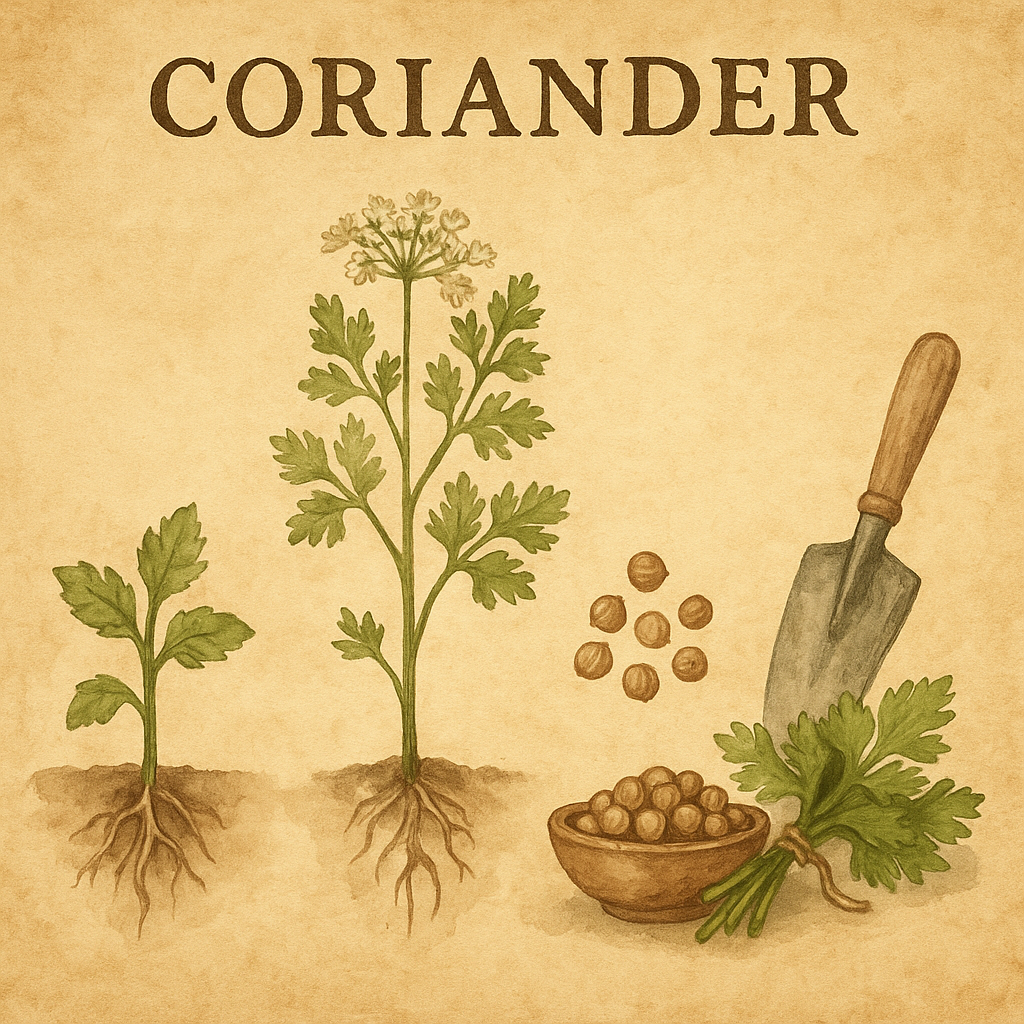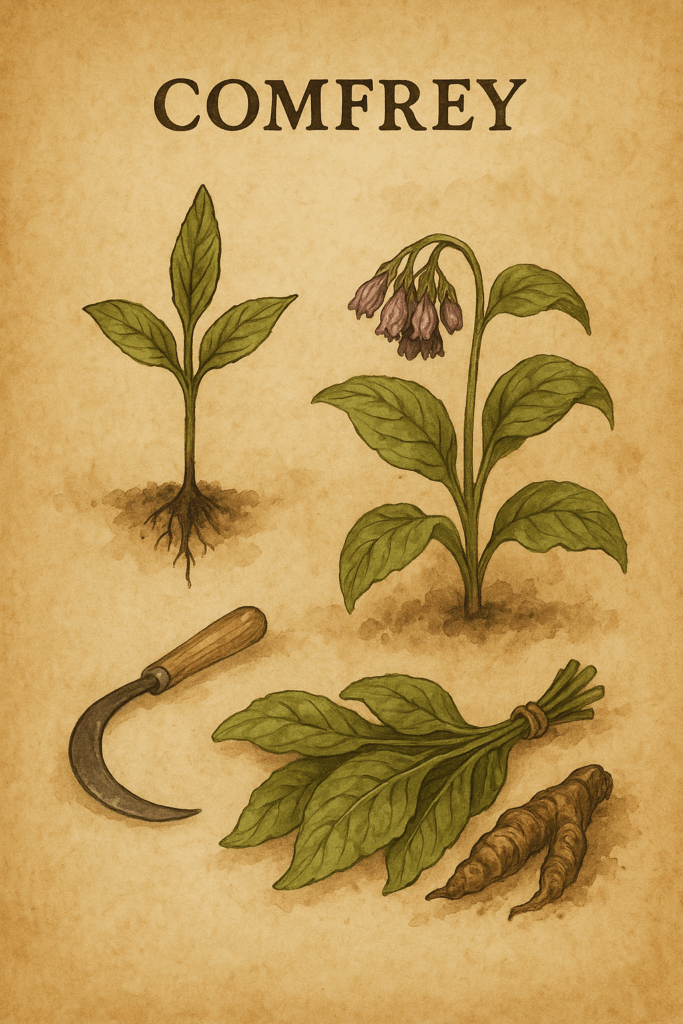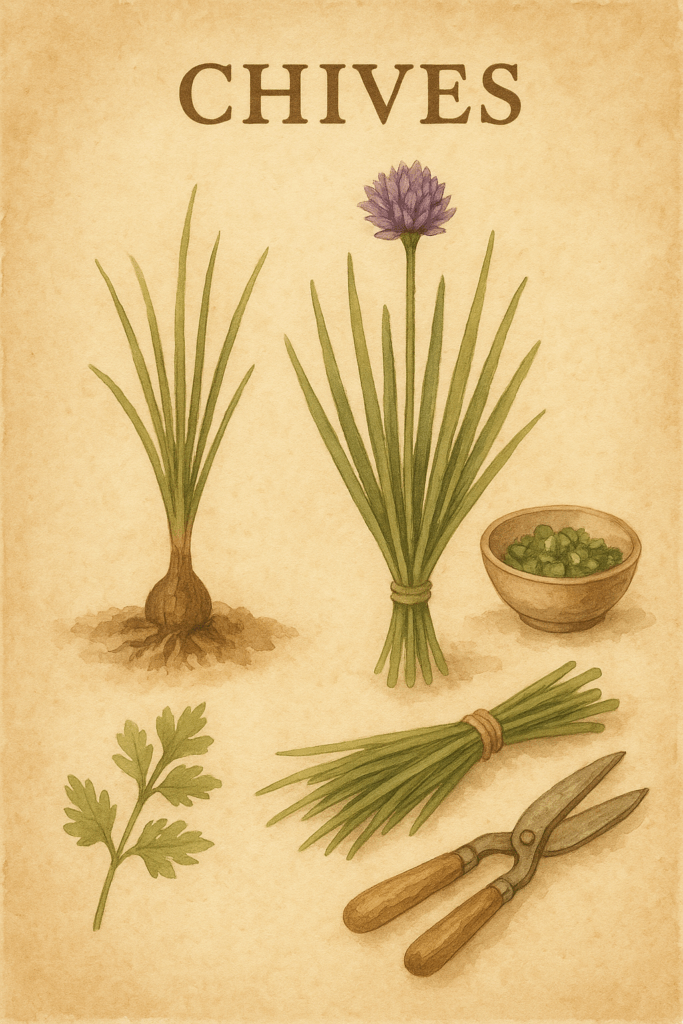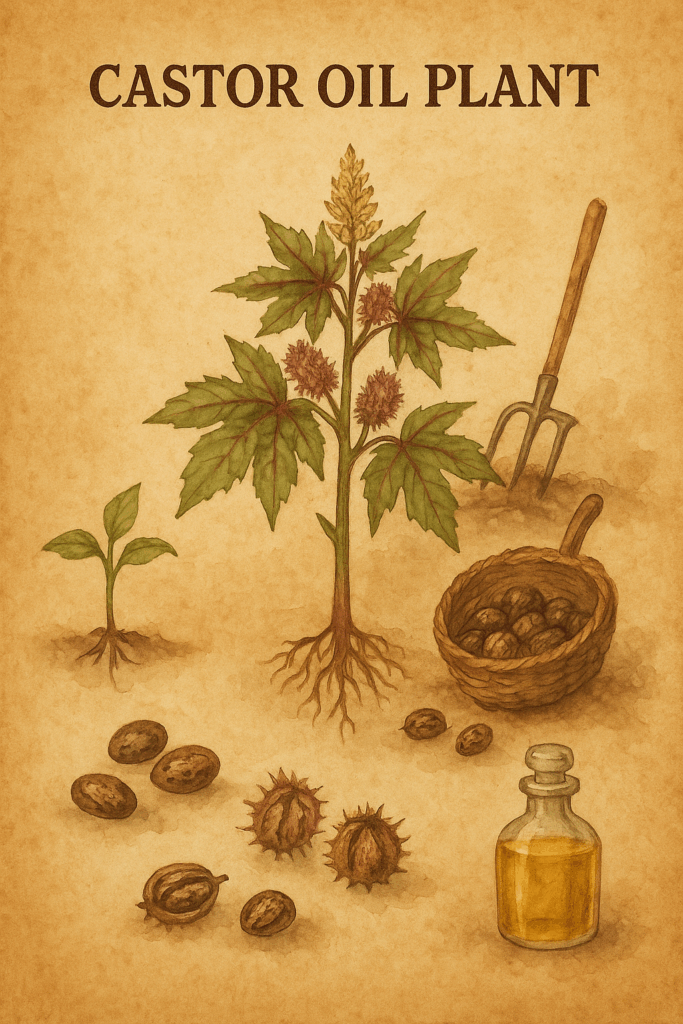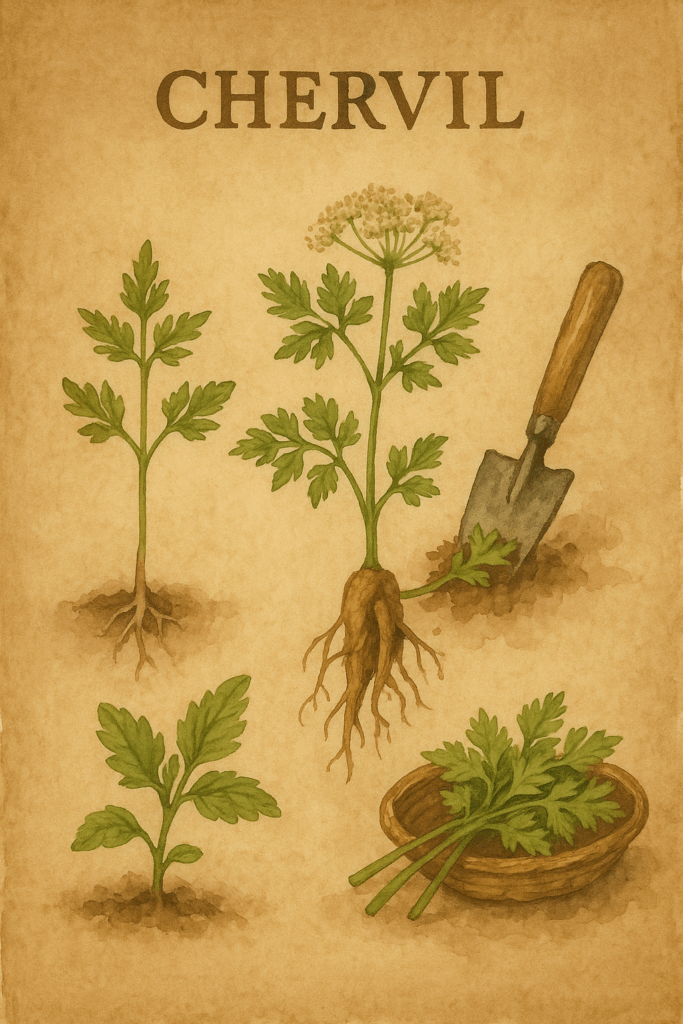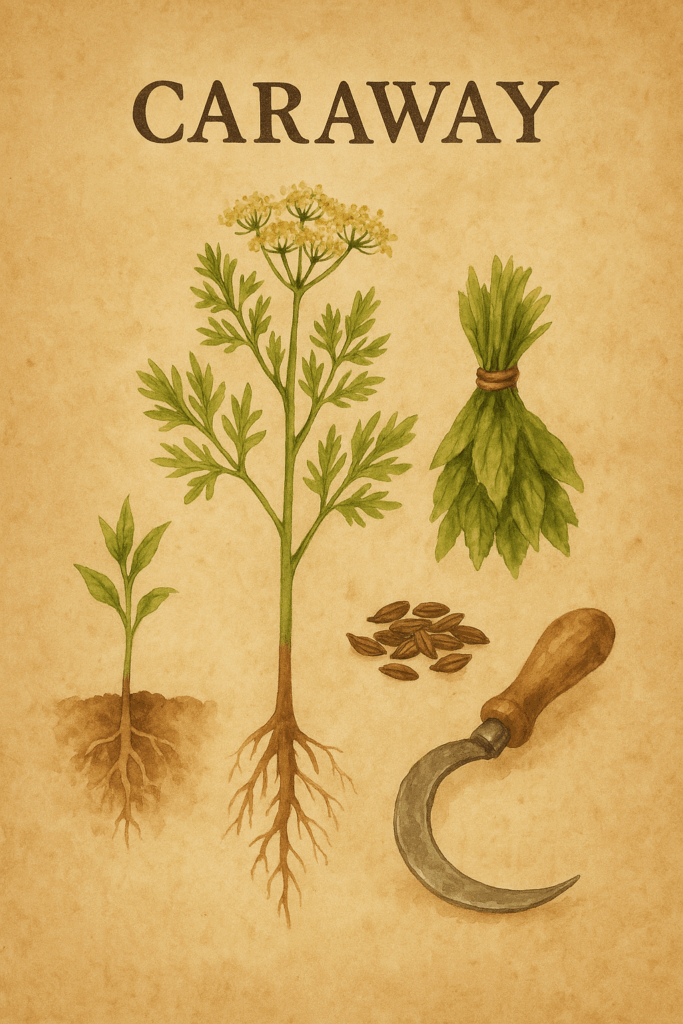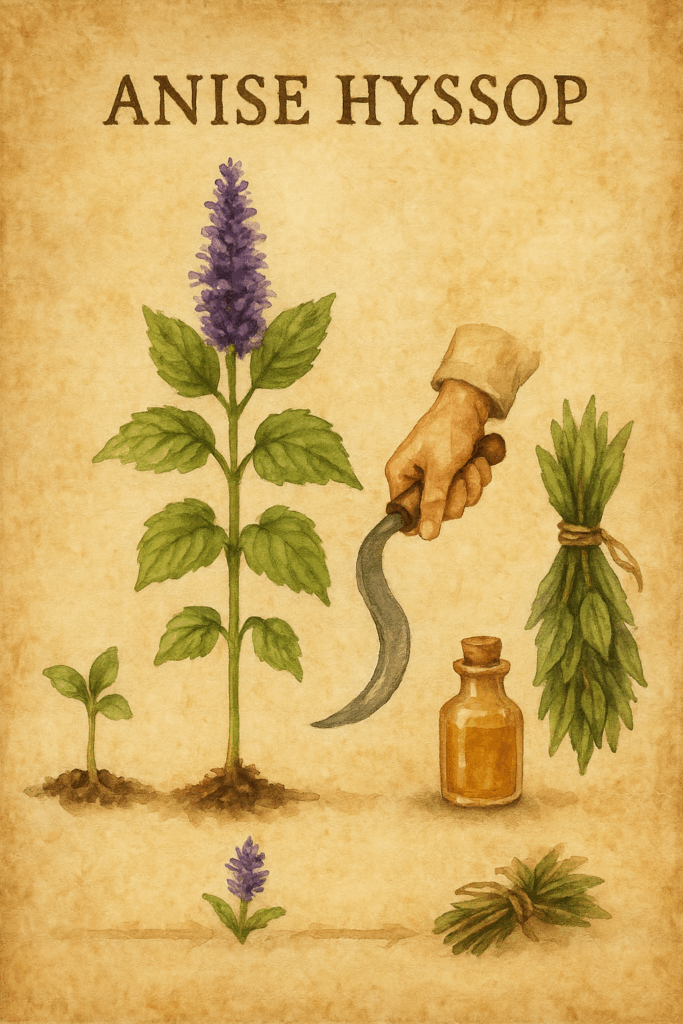Lasentri: Alkaline, Hydrating, and Cleansing Foods
This post is a curated guide to optimizing your health through alkaline-producing foods, hydrating recipes, and balanced nutritional practices. Includes tables, recipes, and diabetic-friendly meal preparation strategies with high-frequency food insights.
📊 100 Foods That Promote Alkalinity, Hydration, and Balance
| Food | Category | Description of Benefits | Molecular Profile | Frequency (MHz) | pH Balance |
|---|---|---|---|---|---|
| Cucumber | Vegetable | Hydrating and cooling | Vitamin K, Potassium | 85 | 7.8 |
| Lemon | Fruit | Alkalizing citrus detoxifier | Vitamin C, Citric Acid | 91 | 9.0 |
| Spinach | Leafy Green | Rich in chlorophyll and iron | Iron, Folate, Vitamin K | 90 | 8.3 |
| Kale | Leafy Green | High in antioxidants | Vitamin C, Lutein | 88 | 8.2 |
| Avocado | Fruit | Balances blood sugar, healthy fat | Oleic Acid, Potassium | 85 | 7.5 |
| Broccoli | Cruciferous | Detoxifying, fiber-rich | Sulforaphane, Vitamin C | 84 | 8.0 |
| Celery | Vegetable | Diuretic, high water content | Phthalides, Potassium | 76 | 8.2 |
| Watermelon | Fruit | Kidney support, hydrating | Lycopene, Vitamin A | 72 | 8.0 |
| Almond | Nut | Protein and alkaline fat | Vitamin E, Magnesium | 78 | 8.0 |
| Seaweed | Sea Vegetable | Iodine-rich, supports thyroid | Iodine, Chlorophyll | 92 | 9.2 |
| Parsley | Herb | Liver cleanser, iron source | Vitamin C, Chlorophyll | 82 | 8.4 |
| Figs | Fruit | Alkalizing, rich in fiber | Calcium, Potassium | 74 | 8.1 |
| Beets | Root | Supports blood health | Folate, Nitrates | 75 | 7.9 |
| Chia Seeds | Seed | Hydrating, omega-3 source | ALA, Fiber | 70 | 7.6 |
| Basil | Herb | Anti-inflammatory | Eugenol, Vitamin K | 87 | 8.3 |
| Dates | Fruit | Mineral-rich natural sweetener | Magnesium, Iron | 73 | 7.7 |
| Quinoa | Seed/Grain | Complete protein | Iron, Lysine | 79 | 7.9 |
| Turmeric | Root | Anti-inflammatory, liver support | Curcumin, Manganese | 79 | 8.2 |
| Brussels Sprouts | Cruciferous | Rich in glucosinolates | Vitamin C, Fiber | 82 | 8.0 |
| Carrot | Root | Rich in beta-carotene | Vitamin A, Lutein | 77 | 7.5 |
| Zucchini | Vegetable | Easy to digest, hydrating | Vitamin B6, Manganese | 76 | 8.1 |
| Arugula | Leafy Green | Detox support, mineral-rich | Vitamin K, Calcium | 83 | 8.4 |
| Pineapple | Fruit | Digestive enzyme bromelain | Vitamin C, Bromelain | 77 | 7.9 |
| Dandelion Greens | Leafy Green | Supports liver detox | Iron, Vitamin A | 78 | 8.6 |
| Papaya | Fruit | Digestive support, anti-inflammatory | Papain, Vitamin C | 79 | 8.5 |
| Asparagus | Vegetable | Detoxifies kidneys, anti-aging | Glutathione, Folate | 80 | 8.7 |
👨🍳 40 Chef-Curated Recipes for Hydration, Cleansing, and Balance
- Super Green Smoothie Bowl – Minimalist Baker
- Peanut Butter Banana Green Smoothie Bowl – Minimalist Baker
- Matcha Green Smoothie Bowl – Minimalist Baker
- Super Green Spirulina Smoothie – Minimalist Baker
- Mango Ginger Rice Bowl – Love and Lemons
- Superfood Smoothie – Love and Lemons
- Sweet Potato Quinoa Bowl – Love and Lemons
- Kale Salad with Avocado Tahini Dressing – Love and Lemons
- Cinnamon Quinoa Breakfast Bowl – Love and Lemons
- Pickled Chard Quinoa Bowl – Love and Lemons
- My Go-To Smoothie Bowl – Minimalist Baker
- Lemony Lentil Soup – The Full Helping
- Vegan Buddha Bowl – Simply Quinoa
- 5-Ingredient Green Smoothie – Minimalist Baker
- Alkalizing Vegan Bowl – Simply Quinoa
- Zesty Lemon Tahini Dressing – Simply Quinoa
- Vegan Kale Caesar Salad – Detoxinista
- Collard Greens Wraps – Simple Vegan Blog
- Sweet Potato Buddha Bowl – Oh She Glows
- Spring Detox Soup – Nutrition Stripped
- Curried Lentil Soup – Minimalist Baker
- Thai Basil Curry – Feasting at Home
- Wild Rice Salad – Love and Lemons
- Ginger Lime Detox Soup – Simply Quinoa
- Raw Zucchini Salad – The Full Helping
- Glowing Spiced Lentil Soup – Oh She Glows
🩺 Diabetic-Friendly Alkaline Foods & Recipes
These foods maintain stable blood sugar levels while supporting an alkaline environment in the body.
| Food | Glycemic Impact | Alkaline Benefit | Preparation Method |
|---|---|---|---|
| Spinach | Low | Rich in magnesium, supports pH regulation | Steamed or raw in salads |
| Quinoa | Moderate | Complete protein, alkaline after digestion | Boiled, combined with veggies |
| Chia Seeds | Very Low | Anti-inflammatory, promotes hydration | Soaked in almond milk overnight |
| Zucchini | Low | Mildly alkaline, easy to digest | Grilled or spiralized raw |
| Asparagus | Low | High in glutathione, supports detoxification | Lightly roasted with olive oil |






